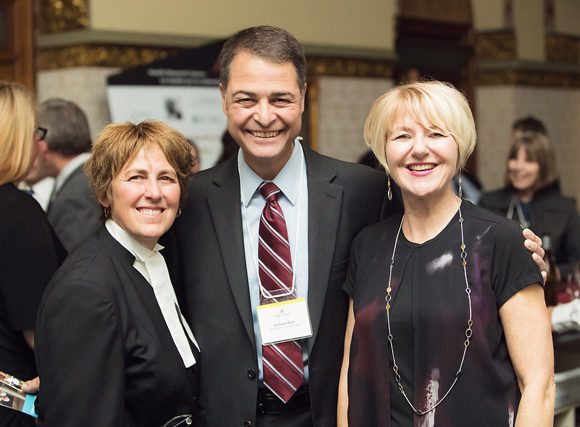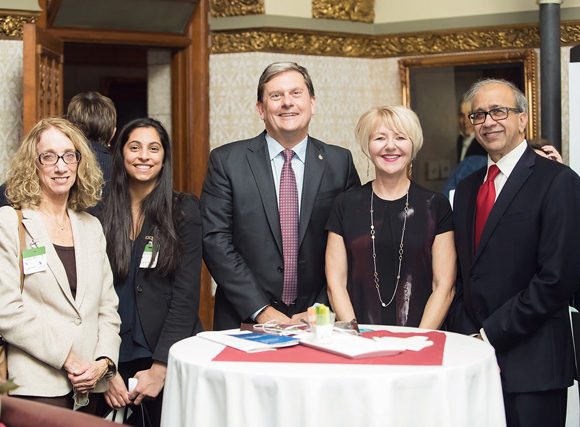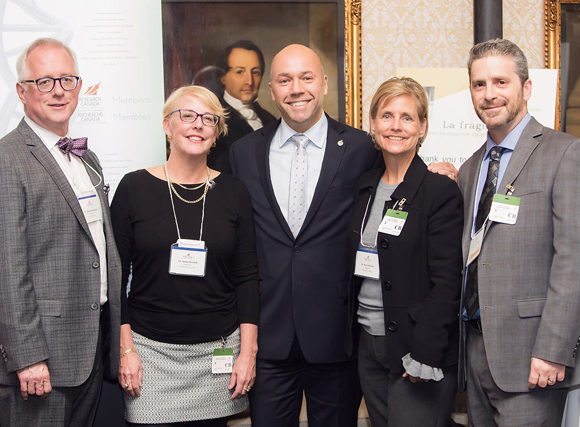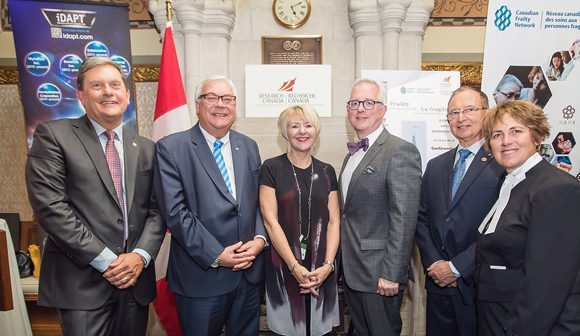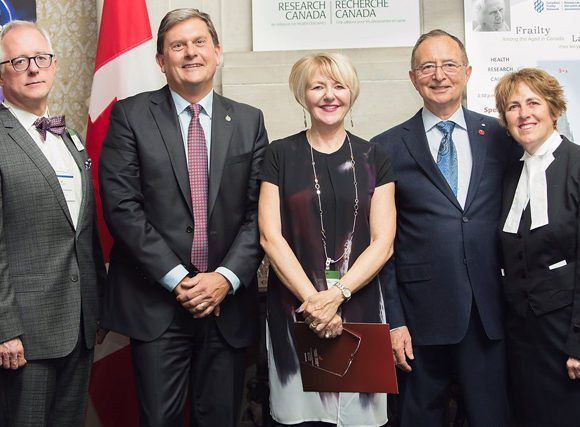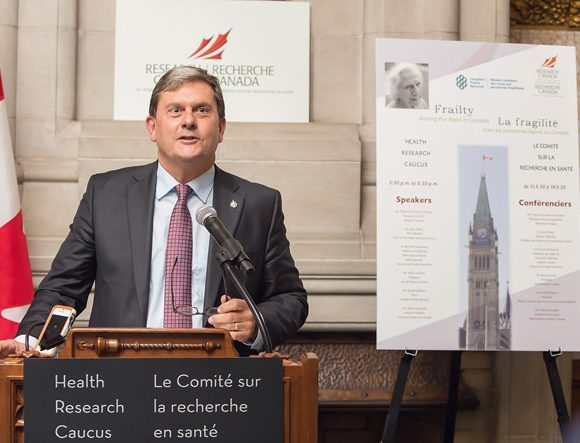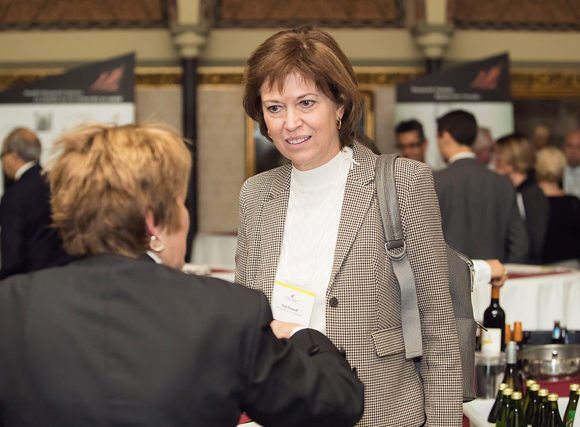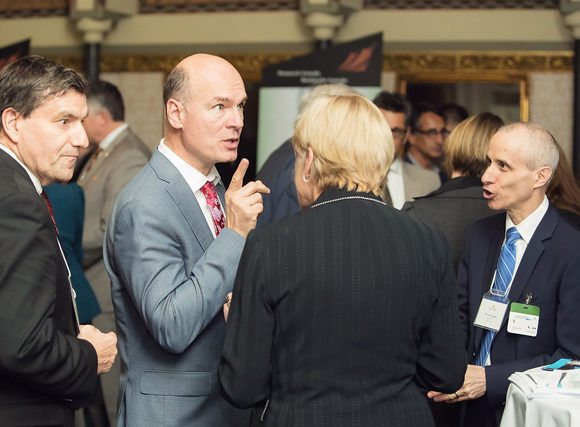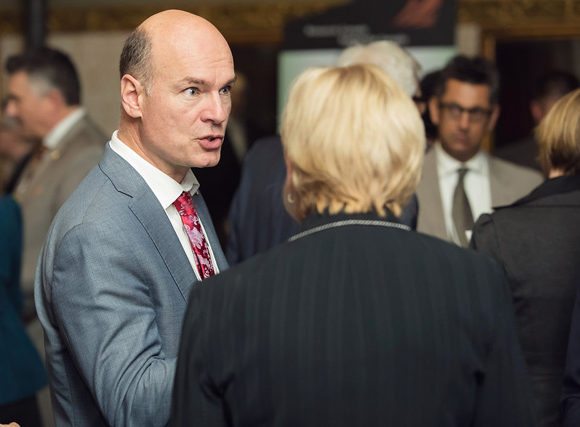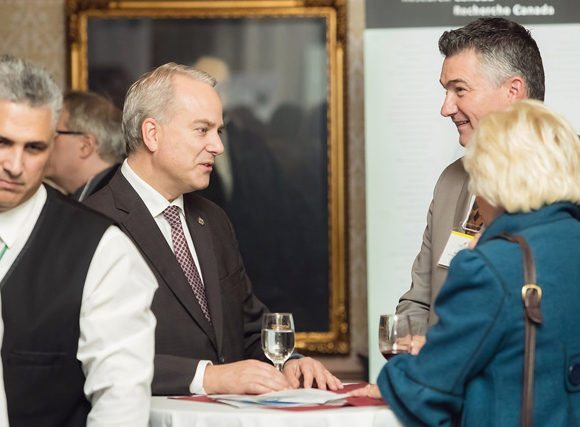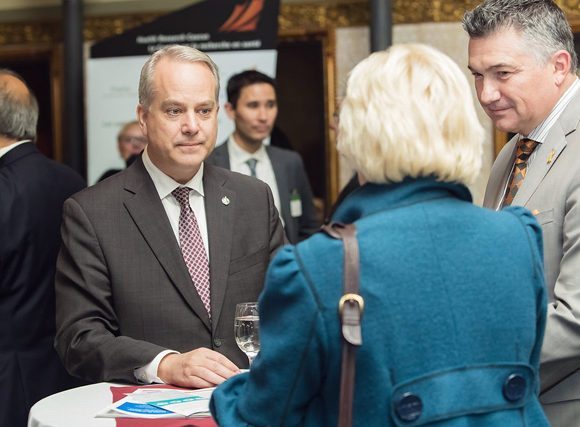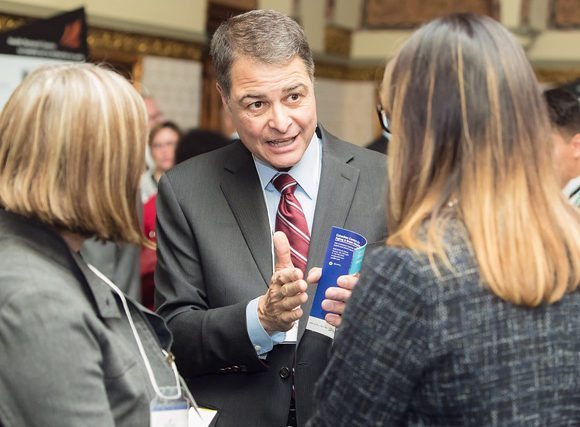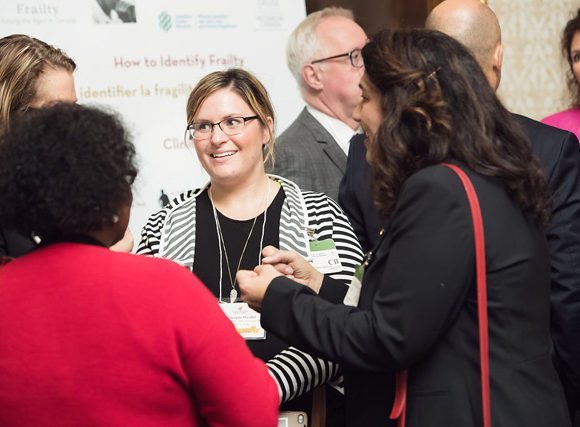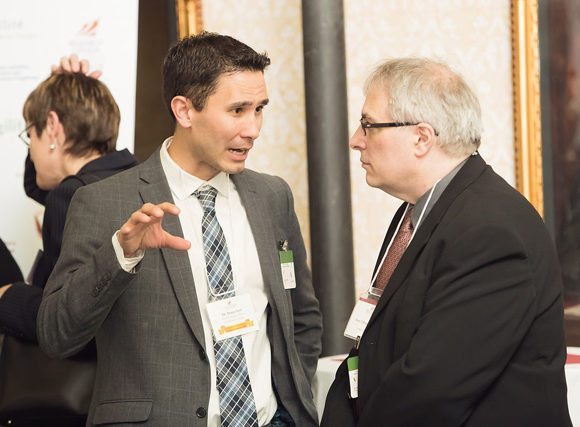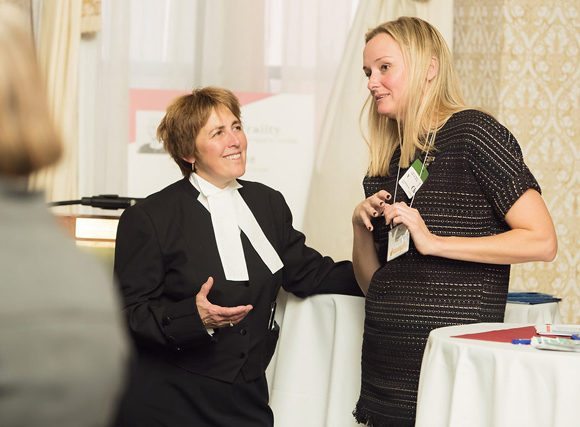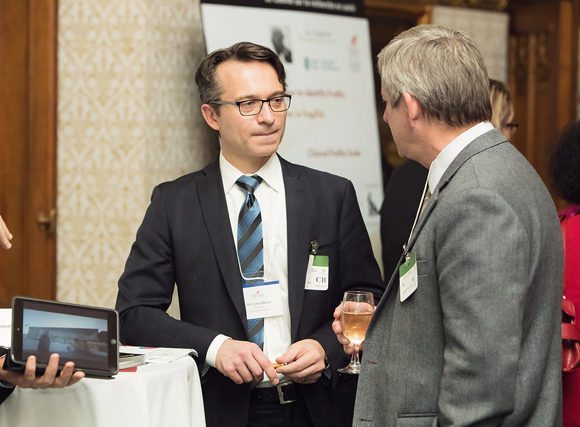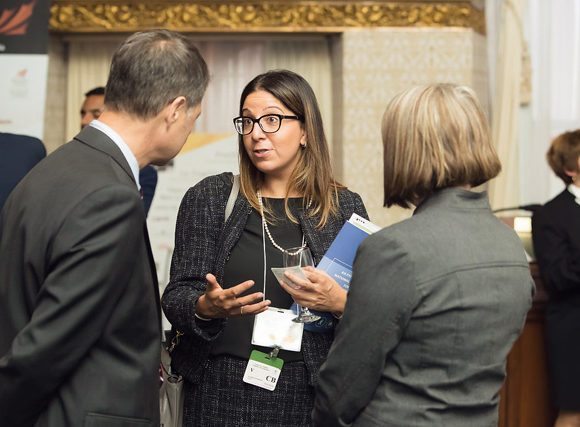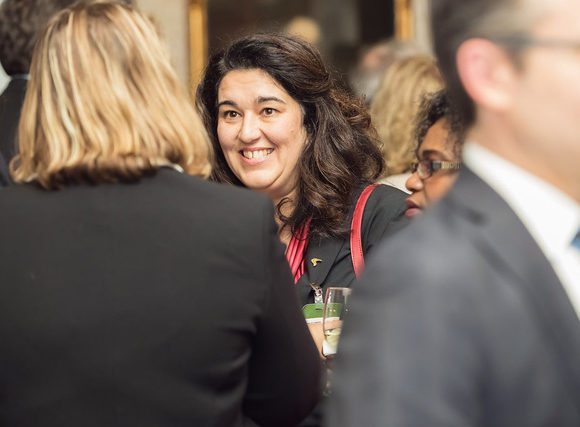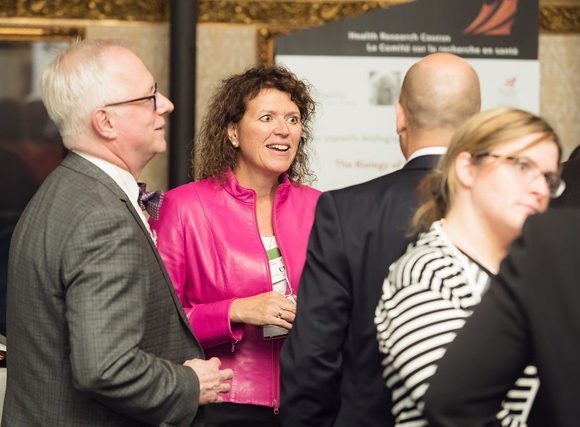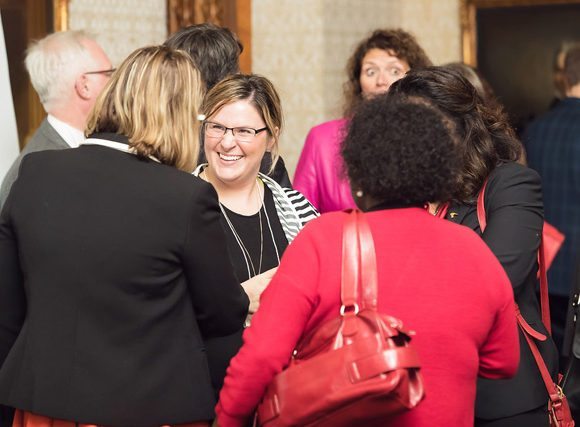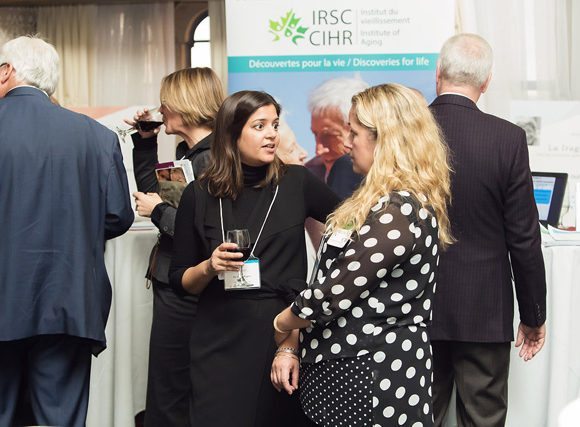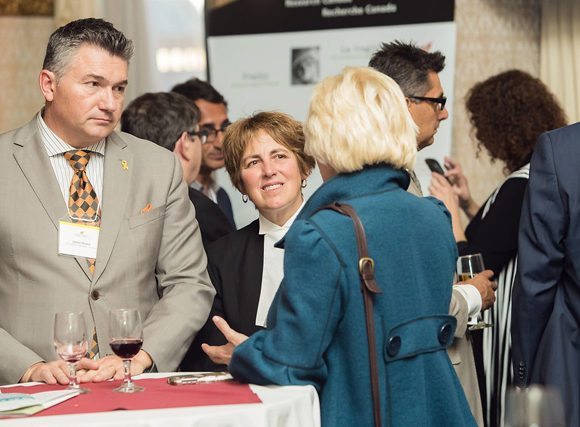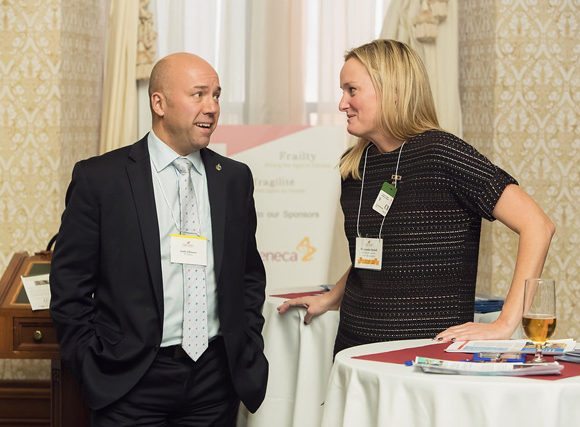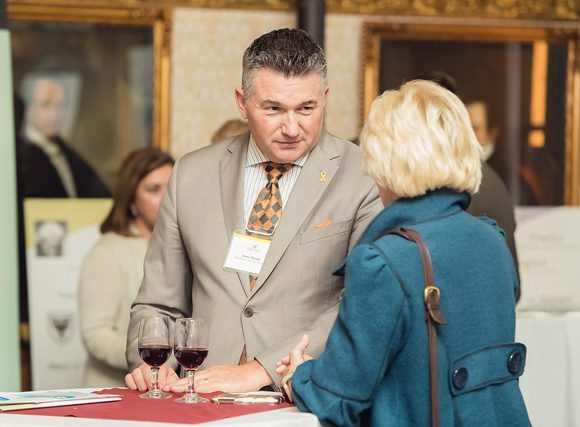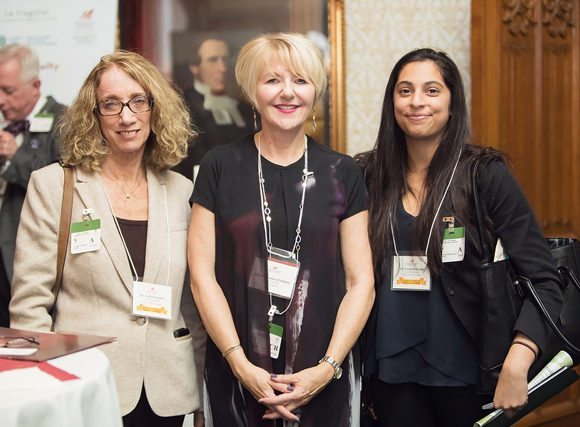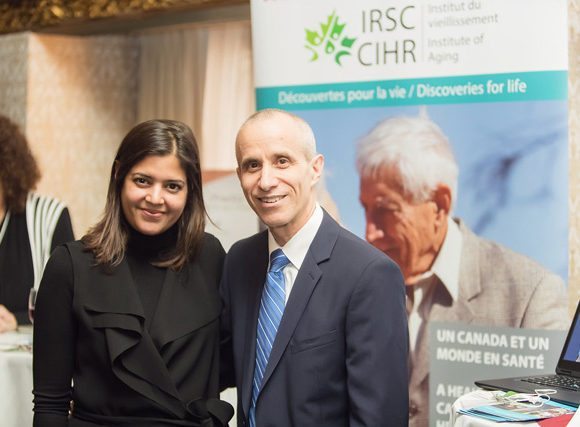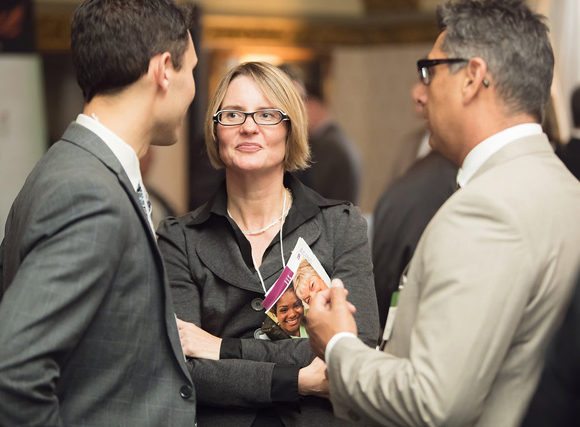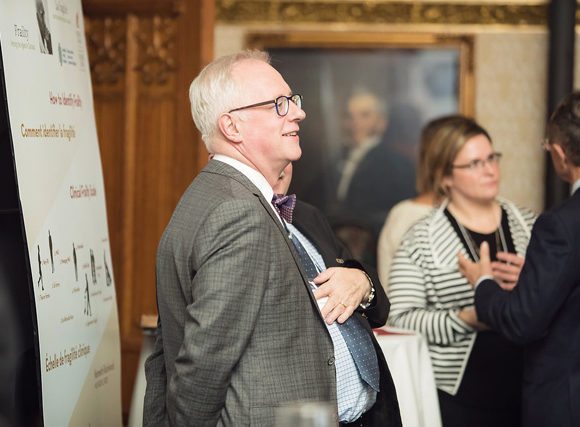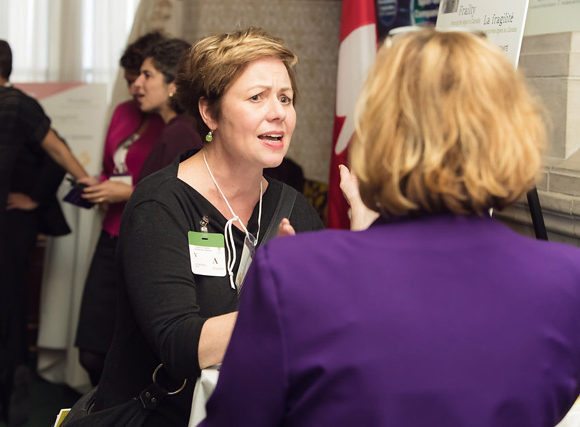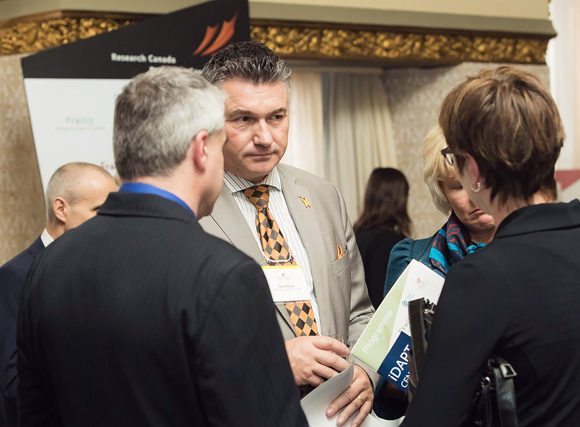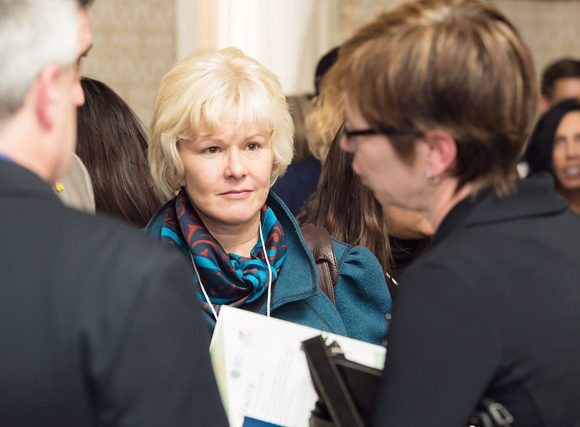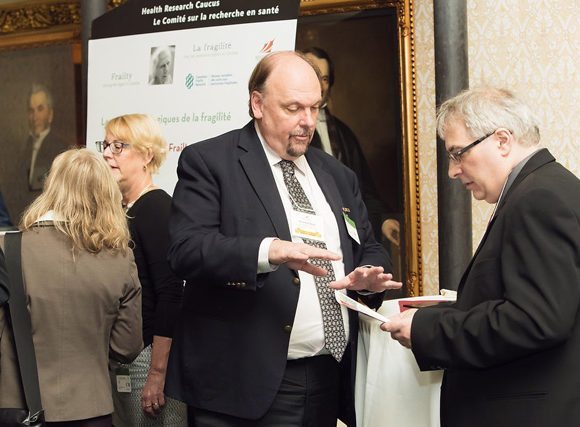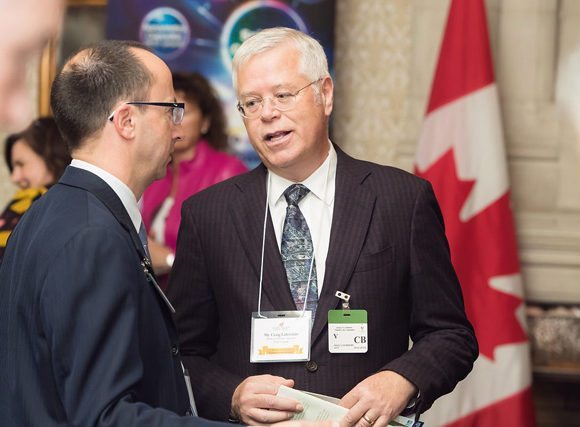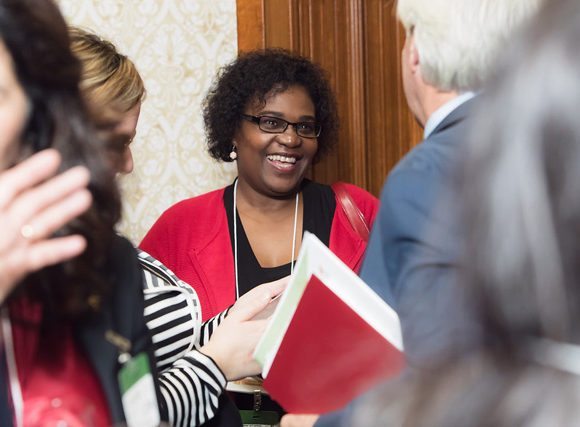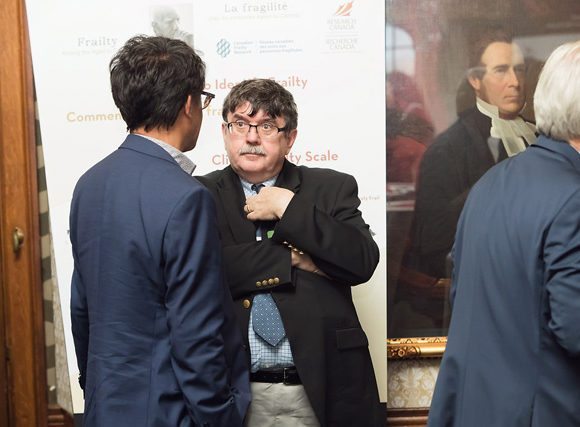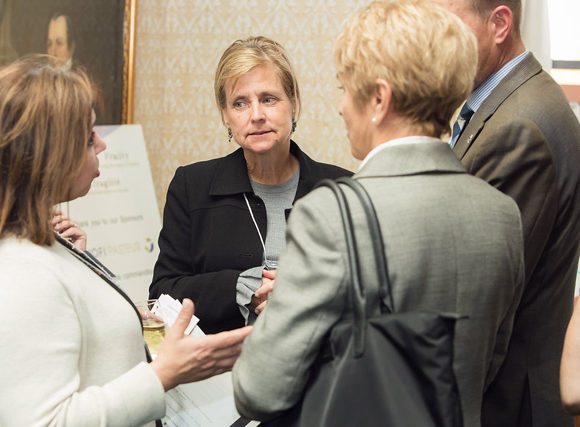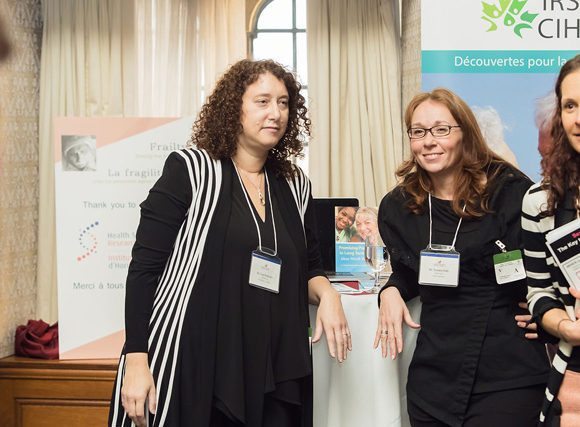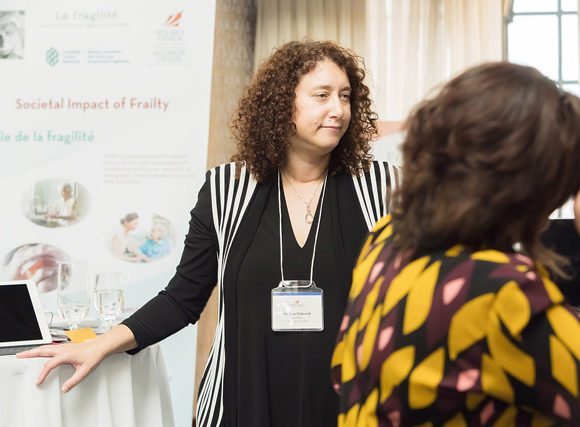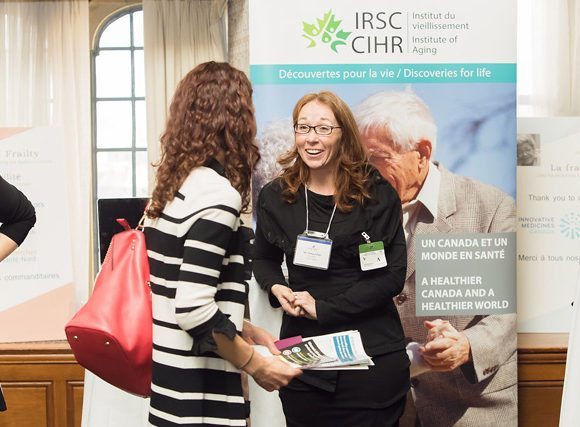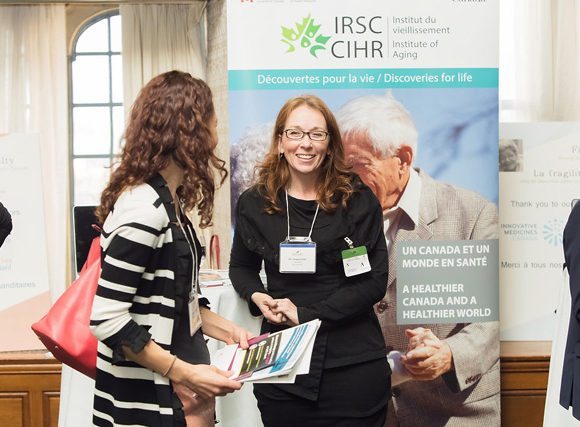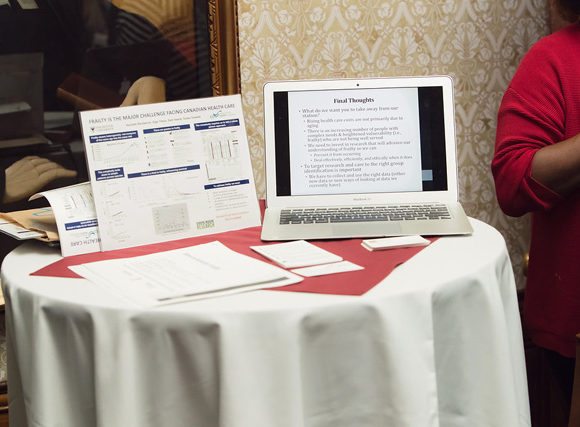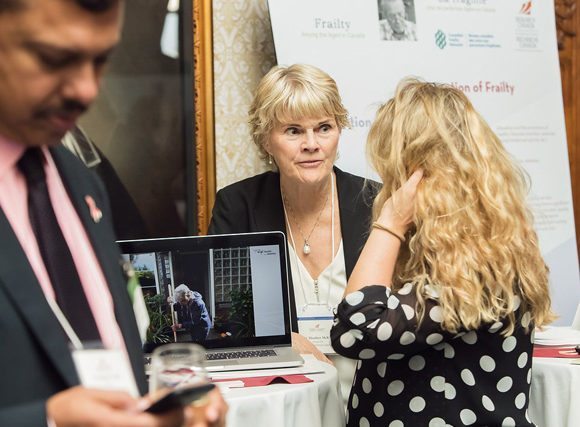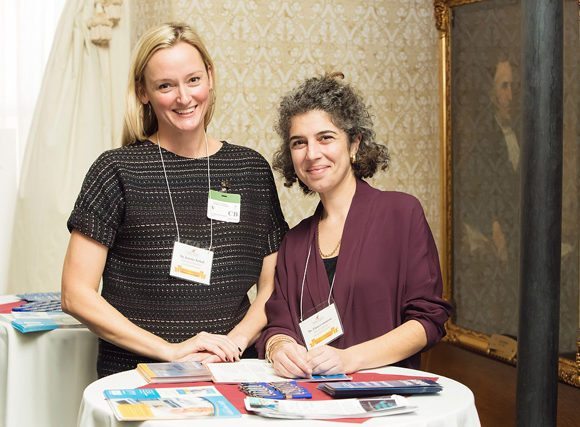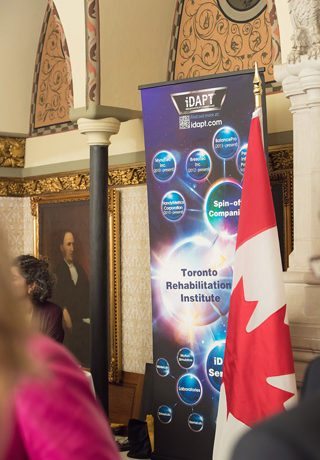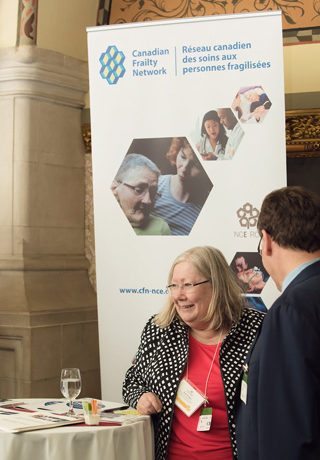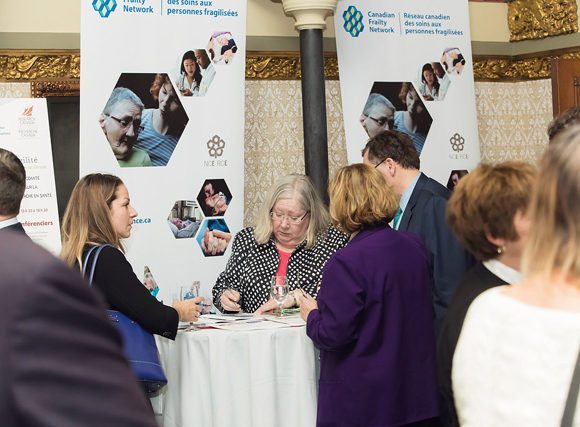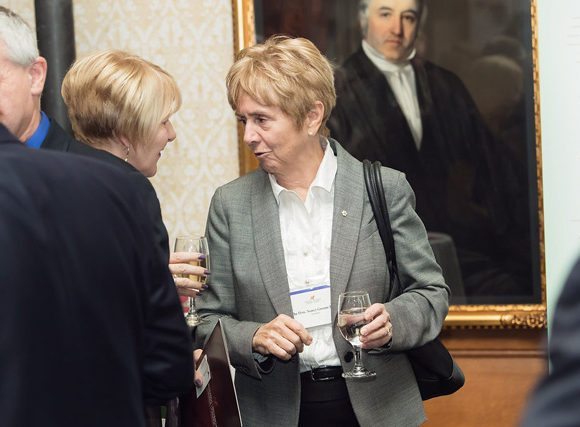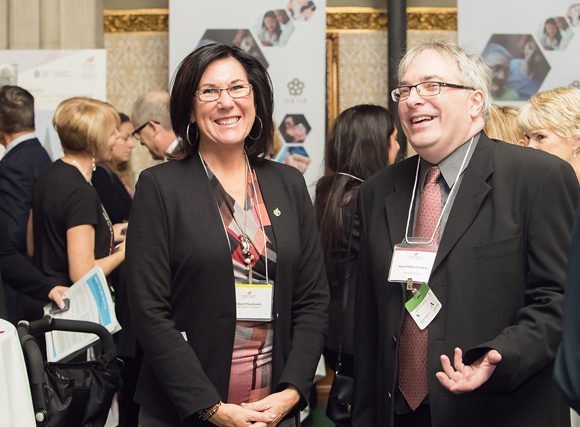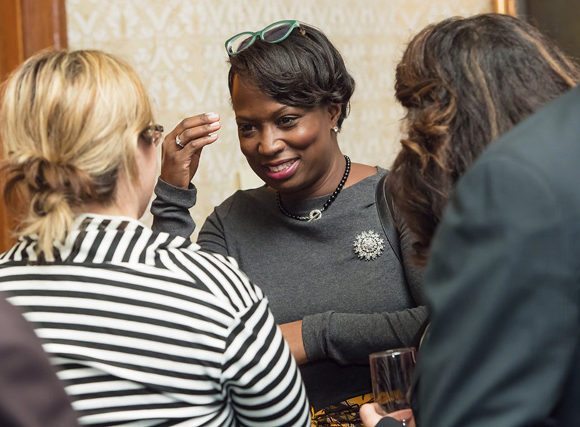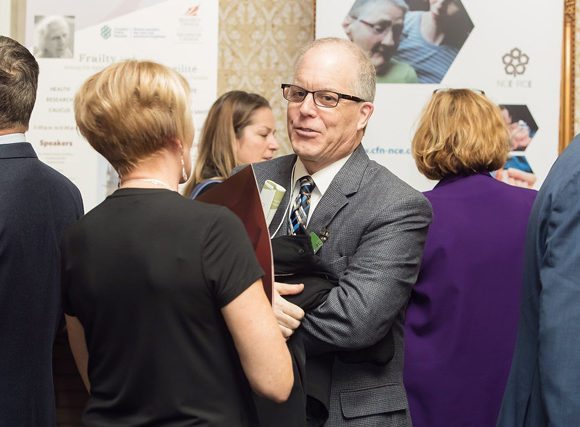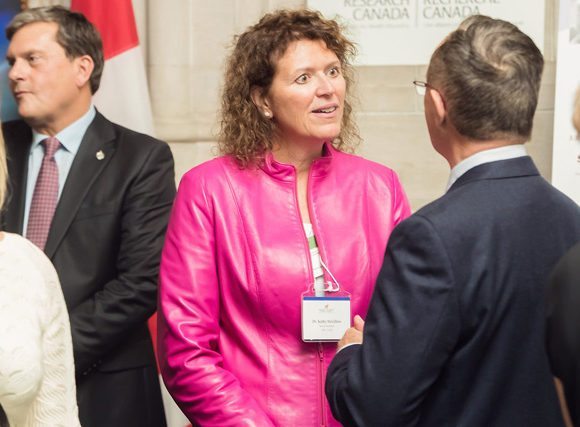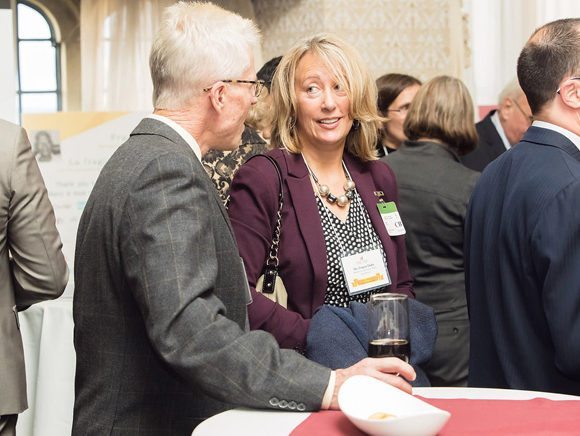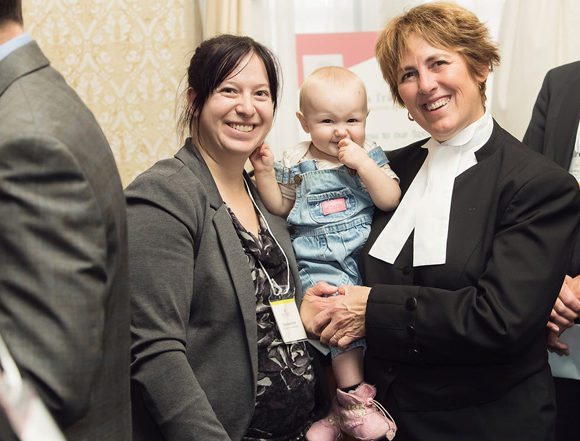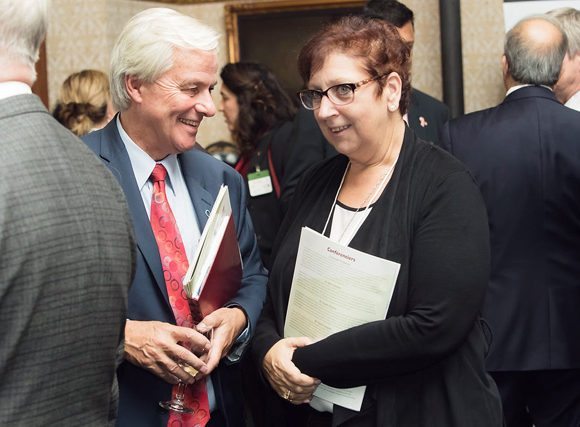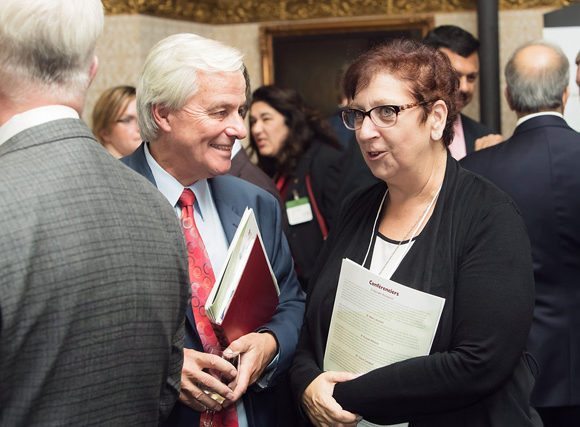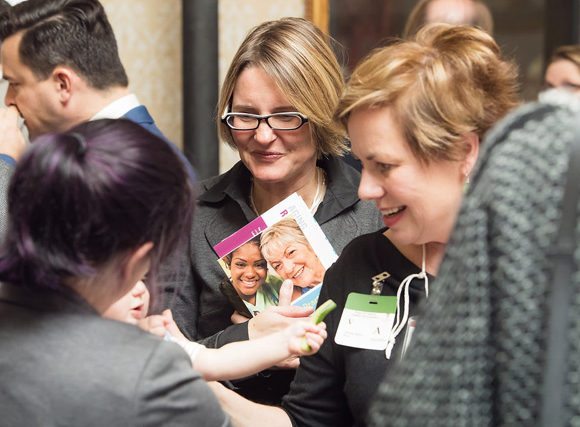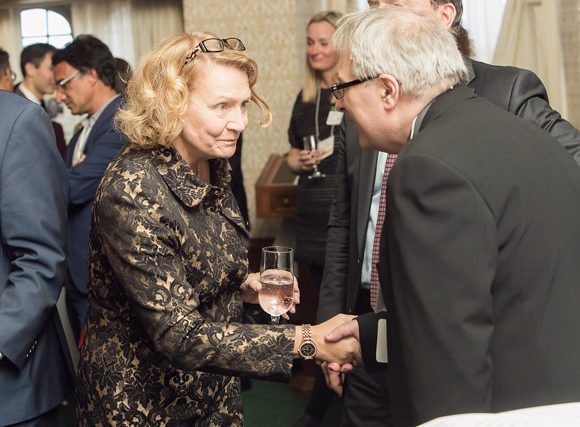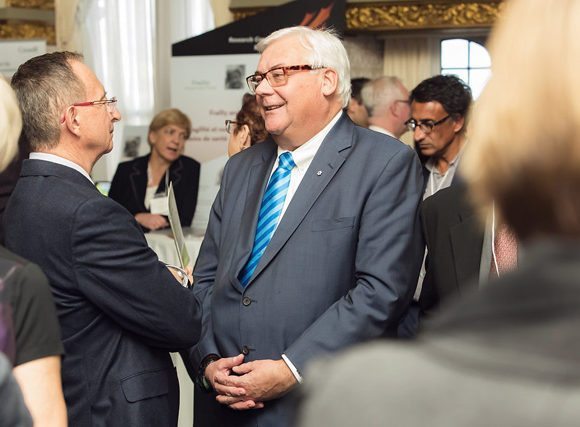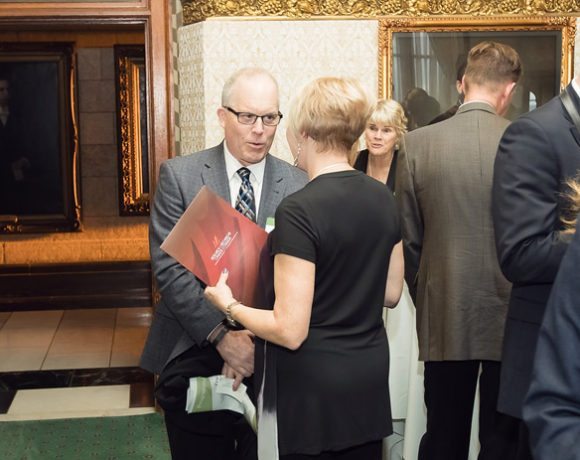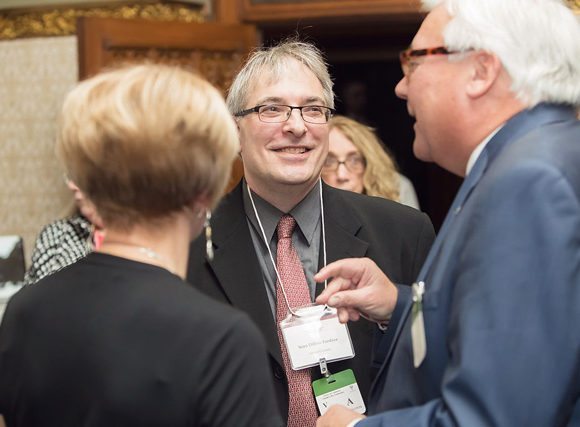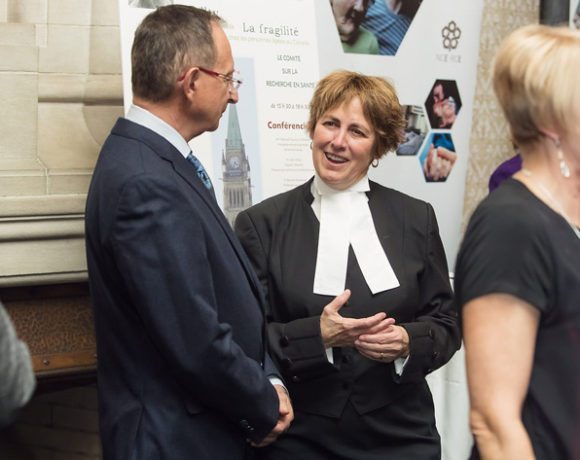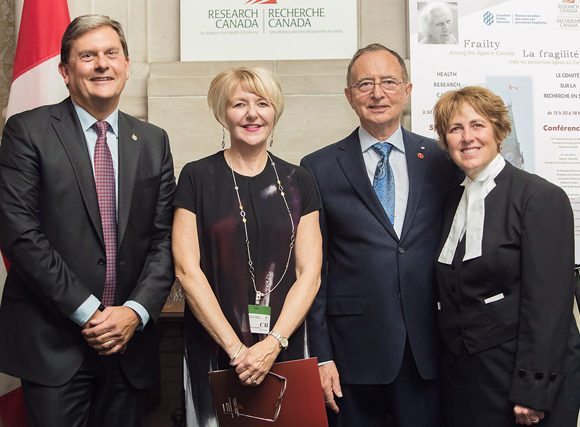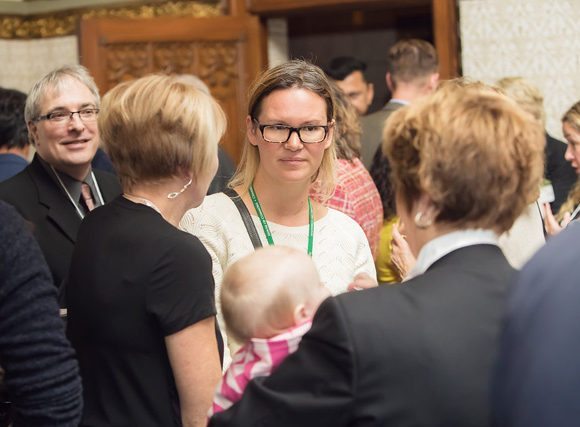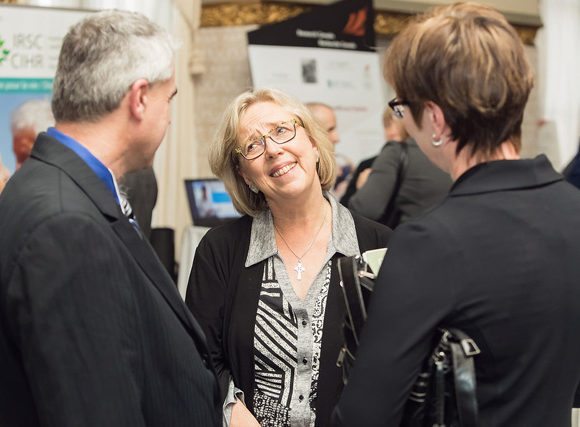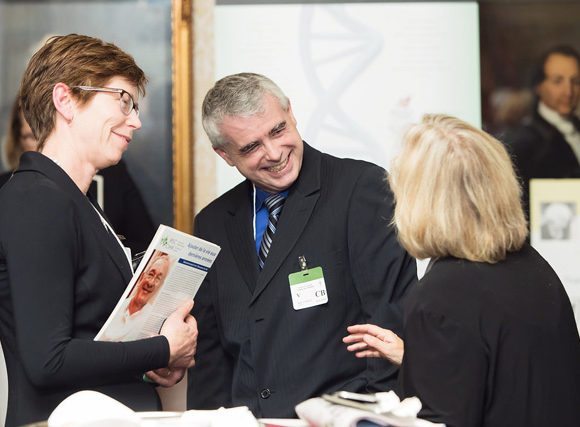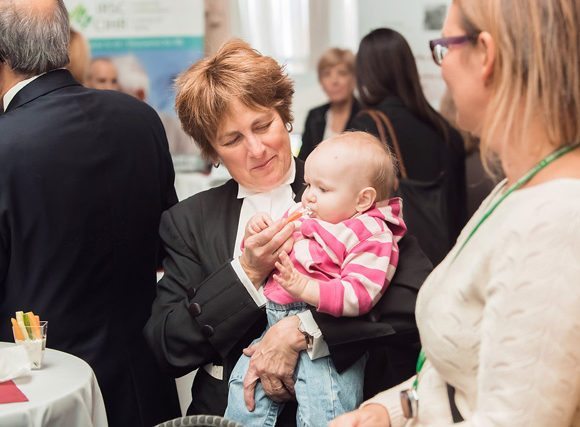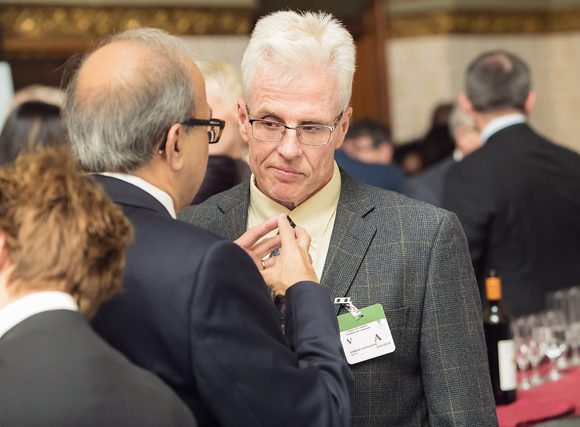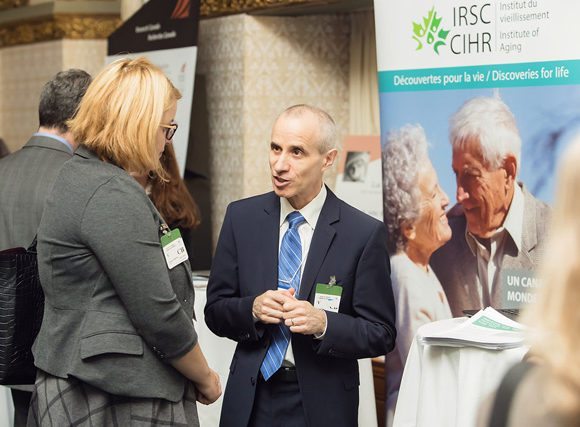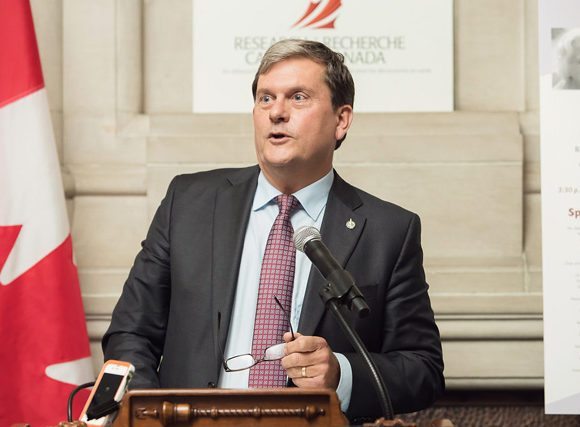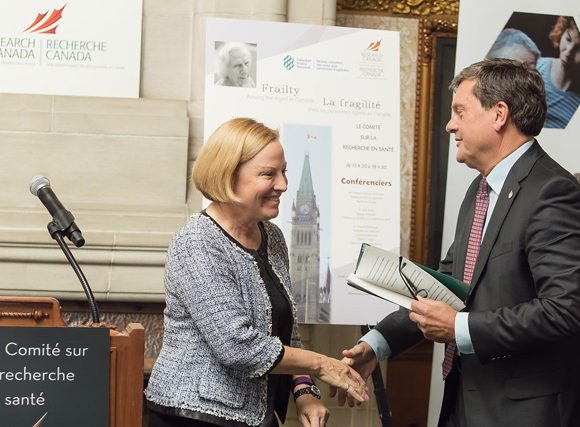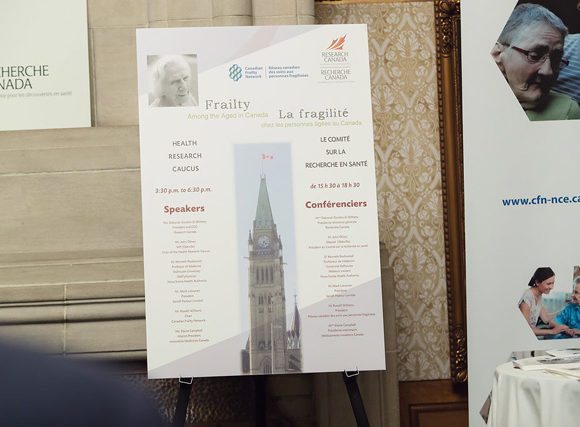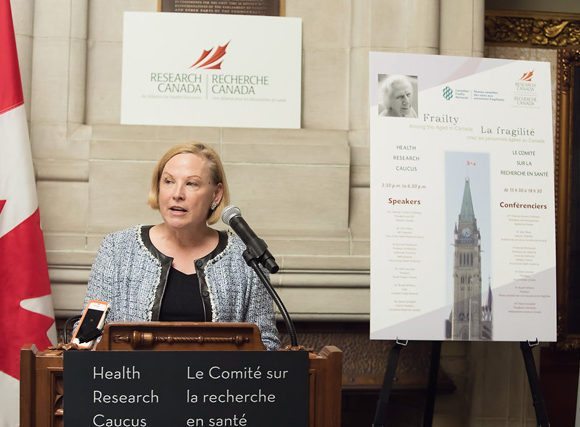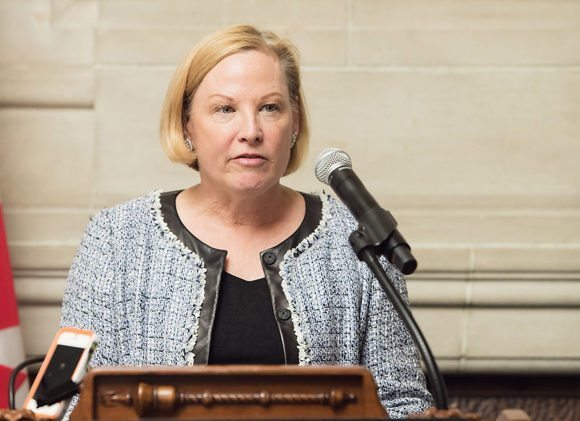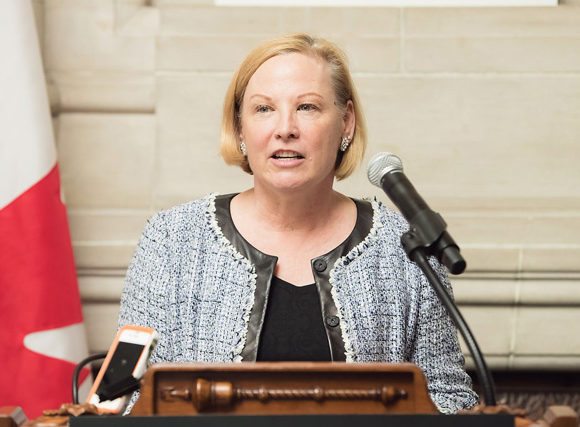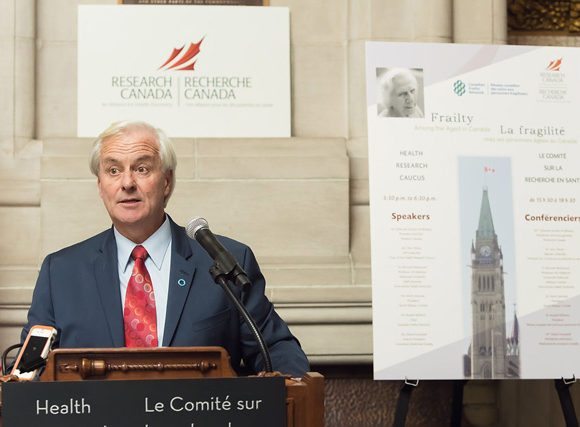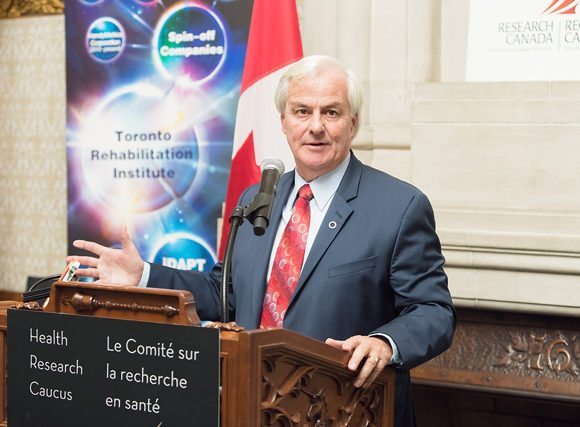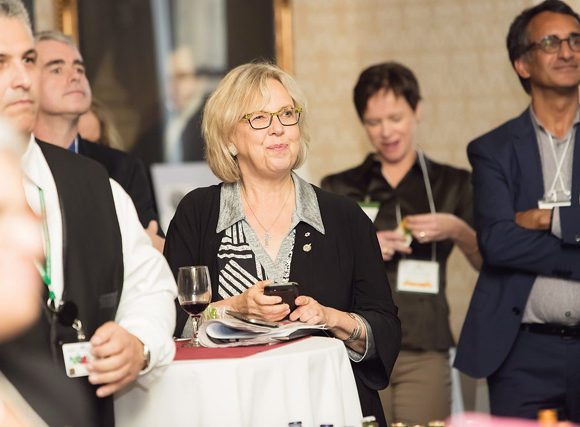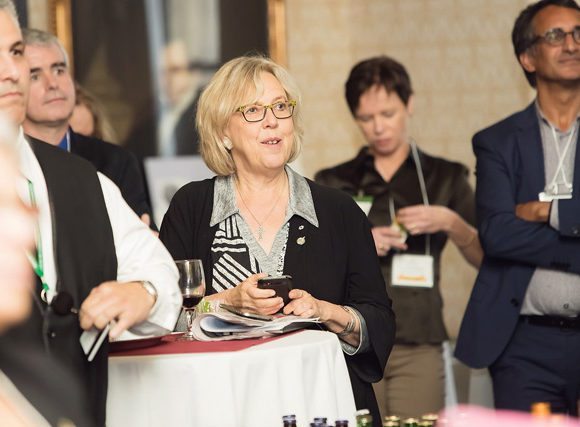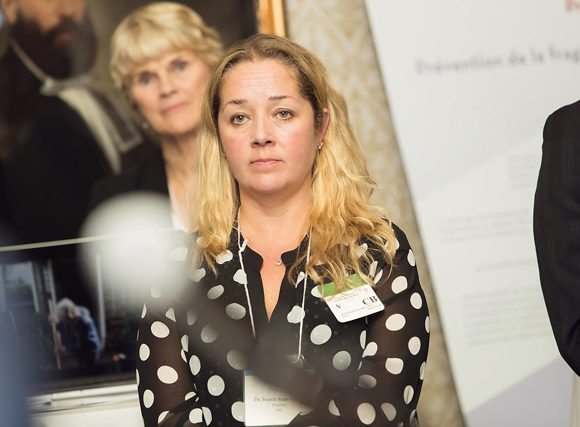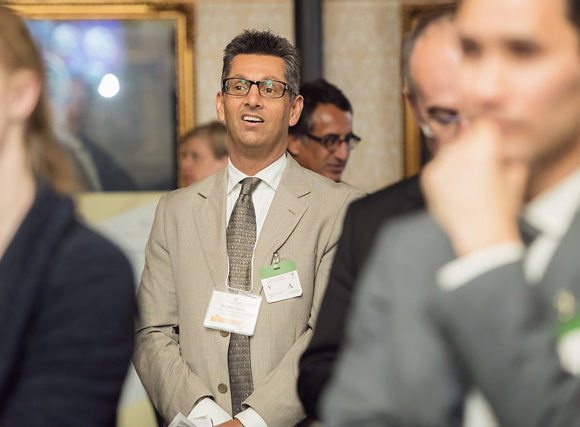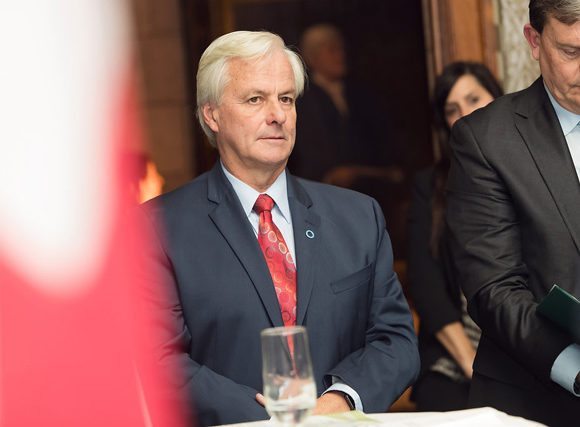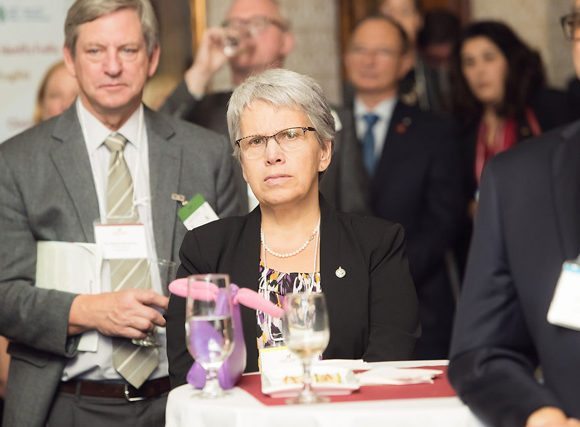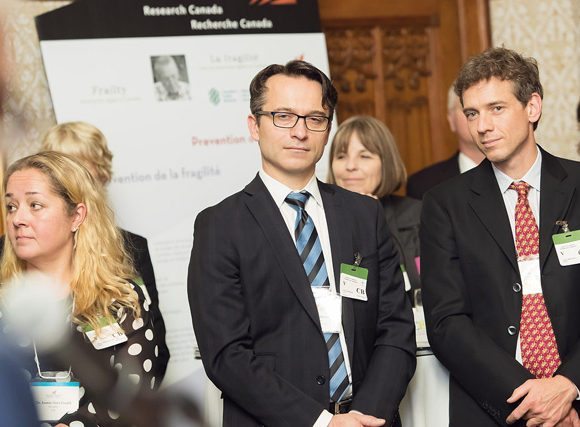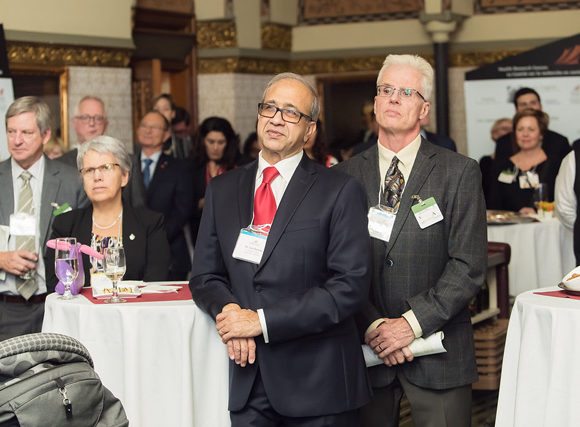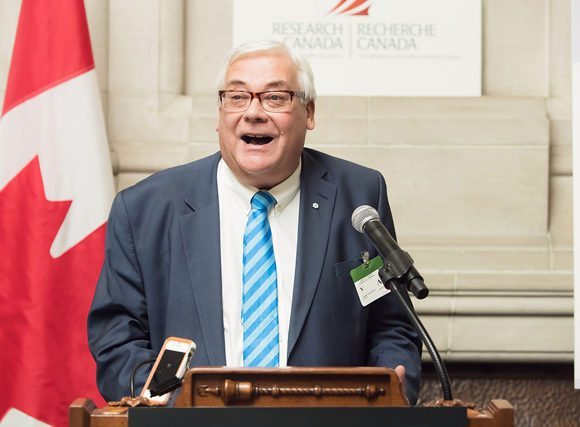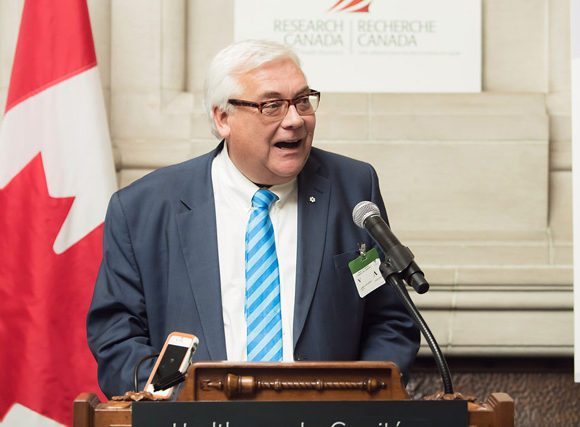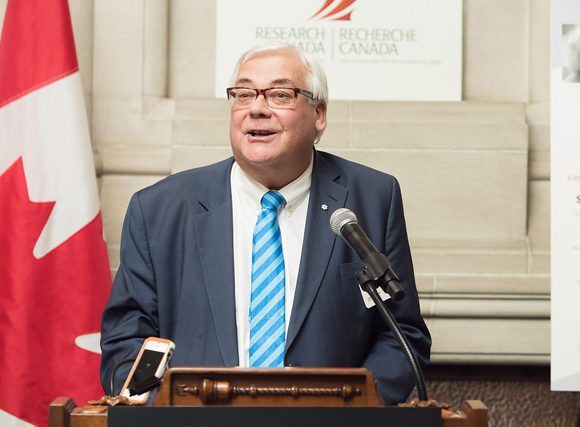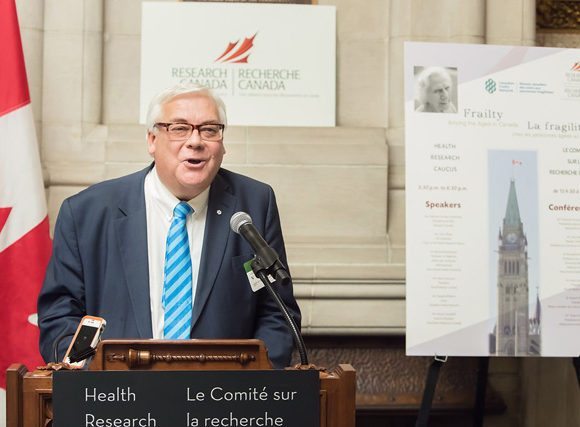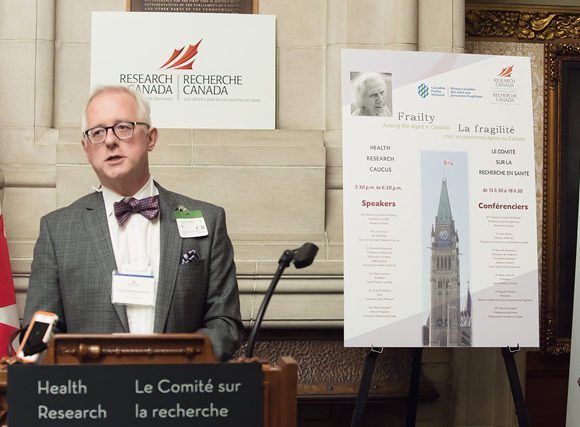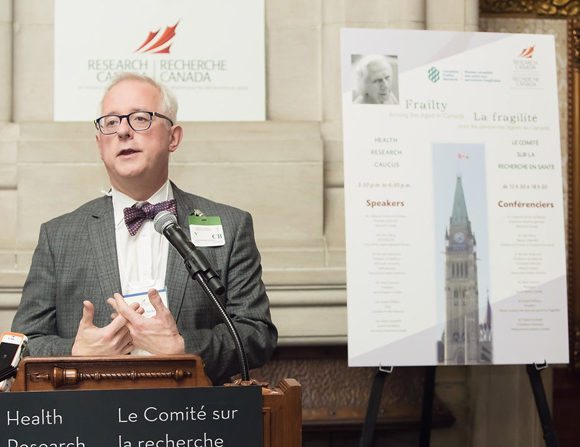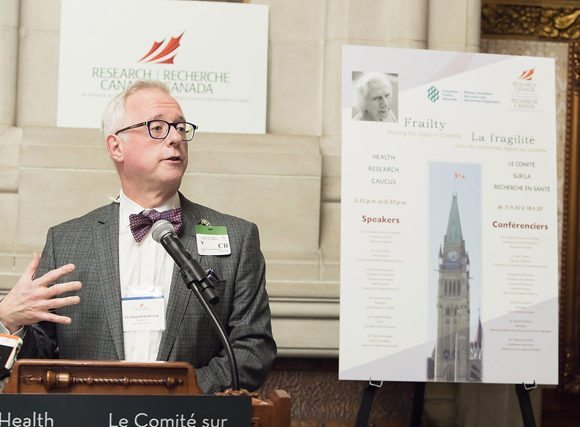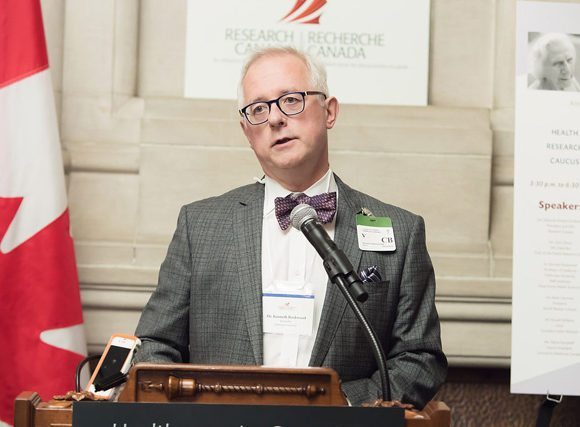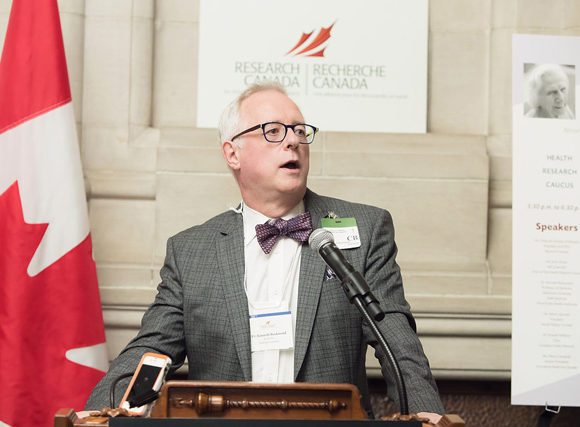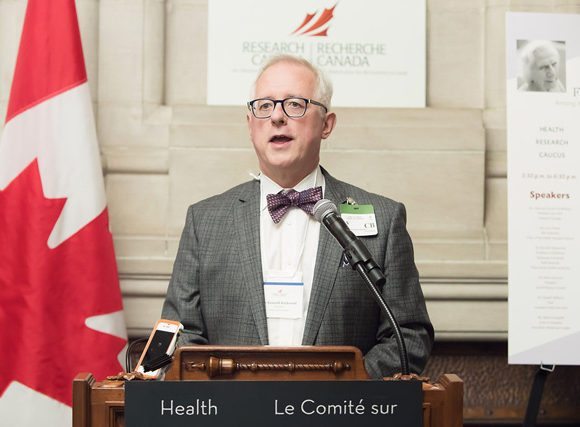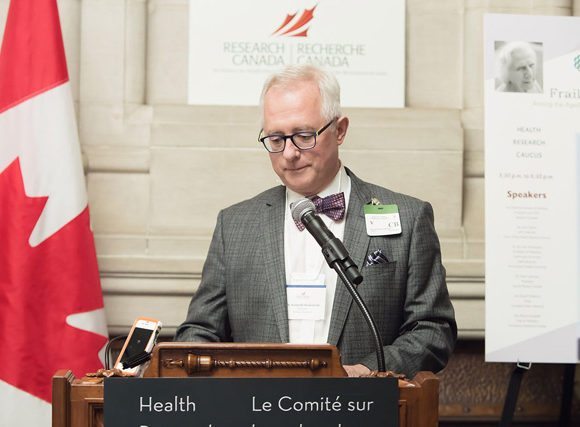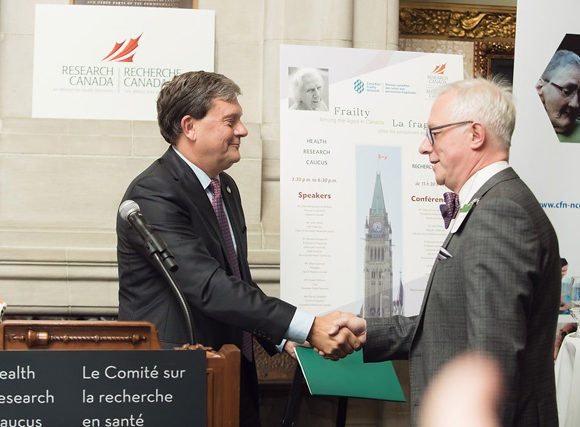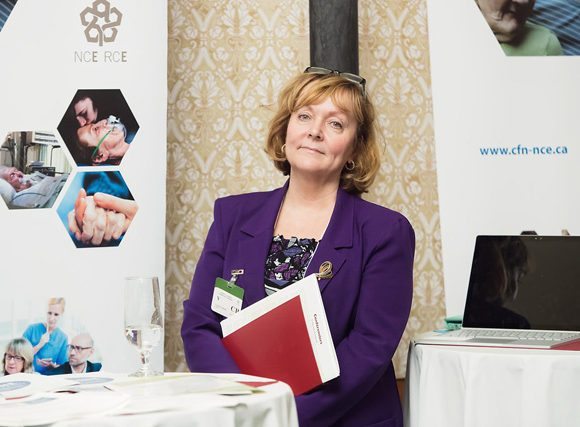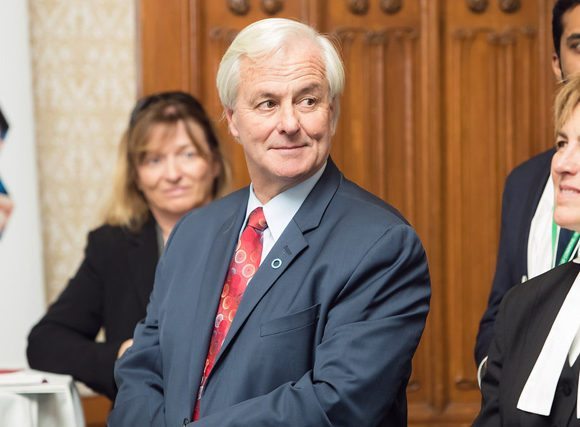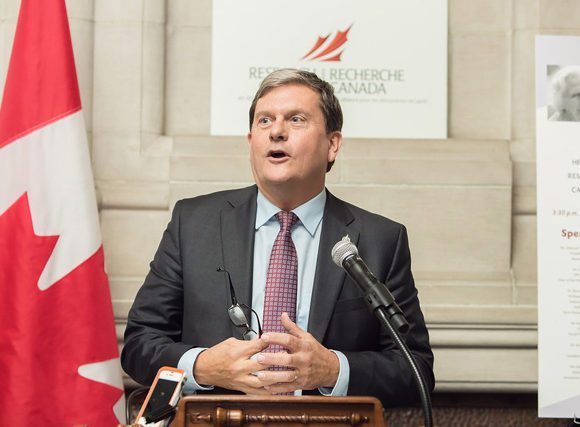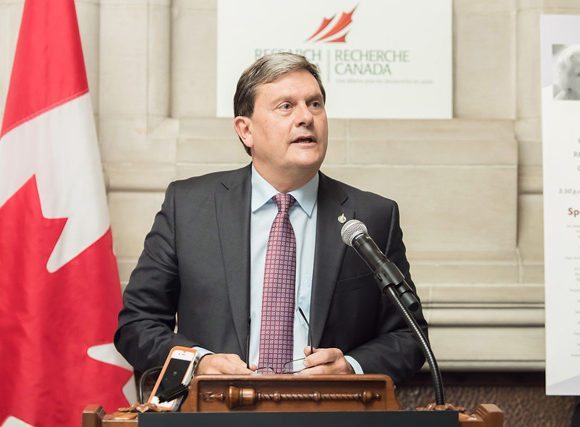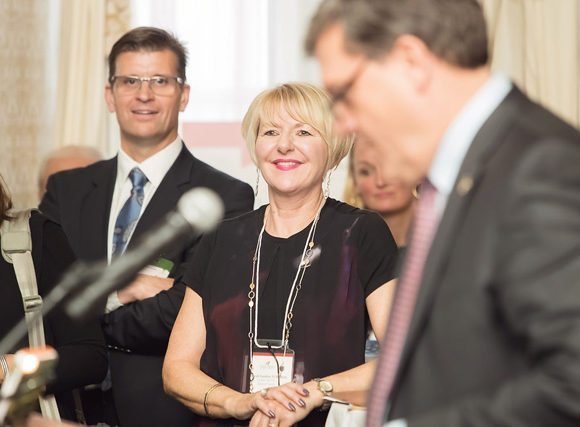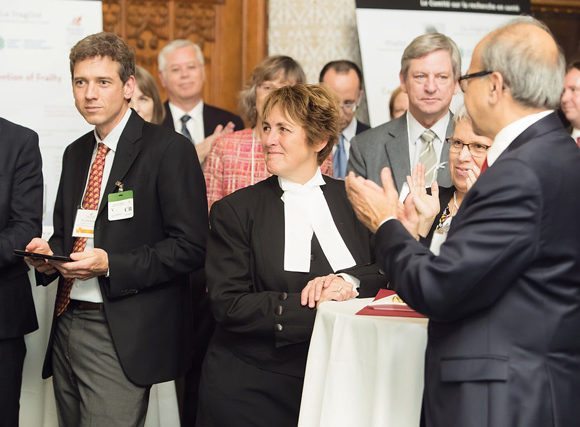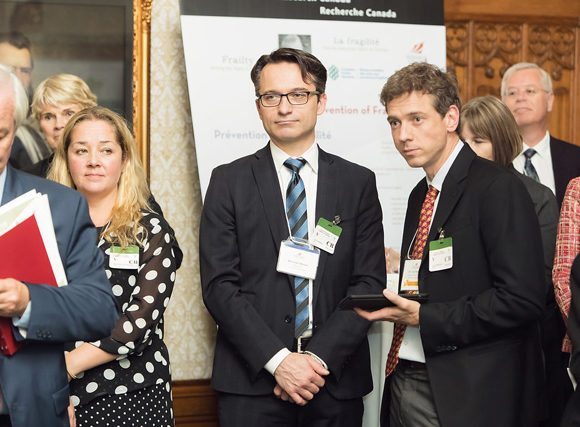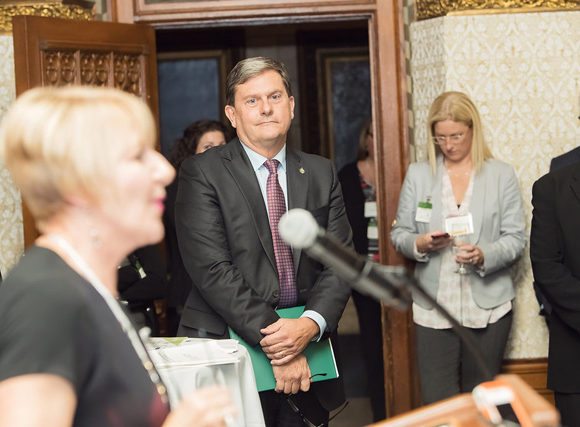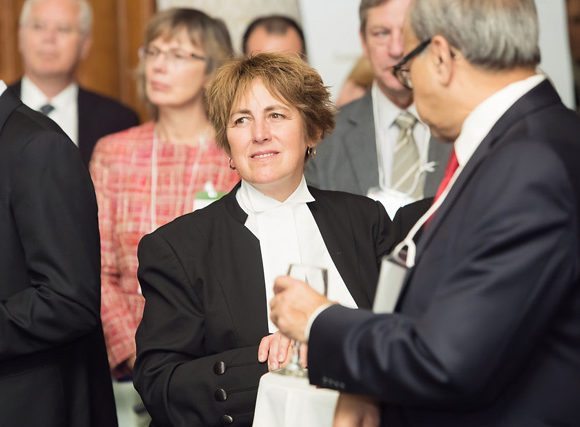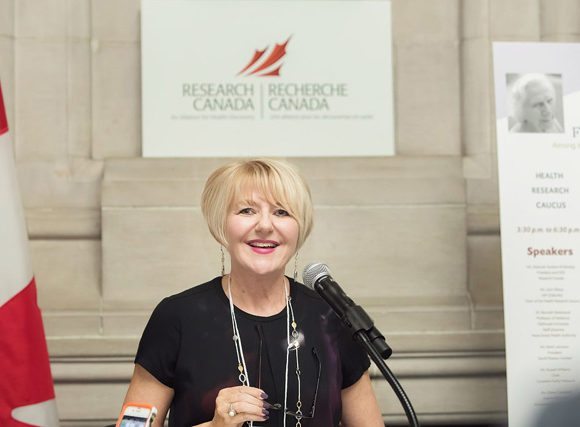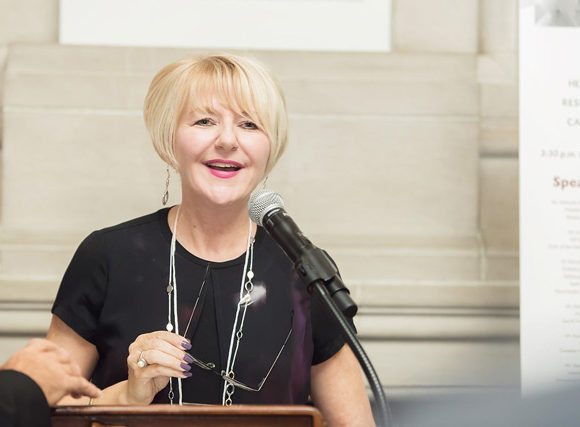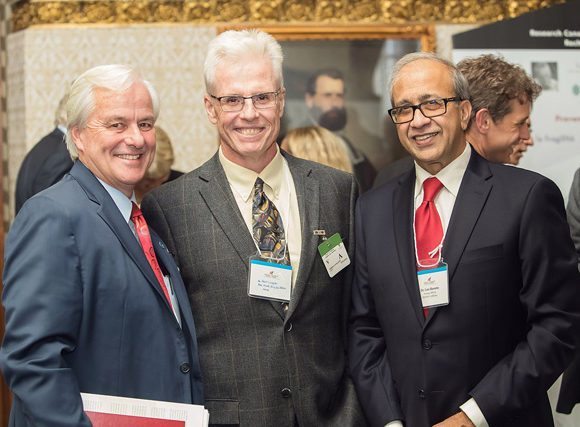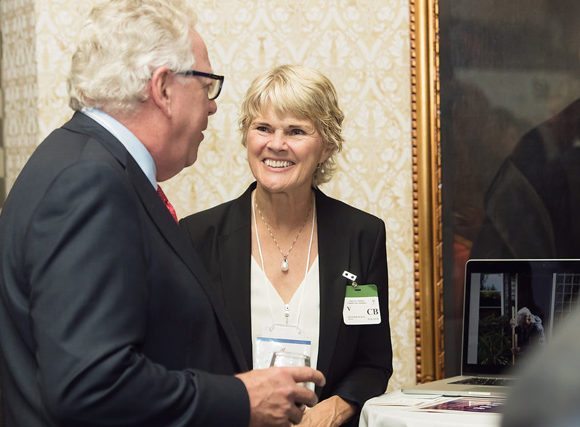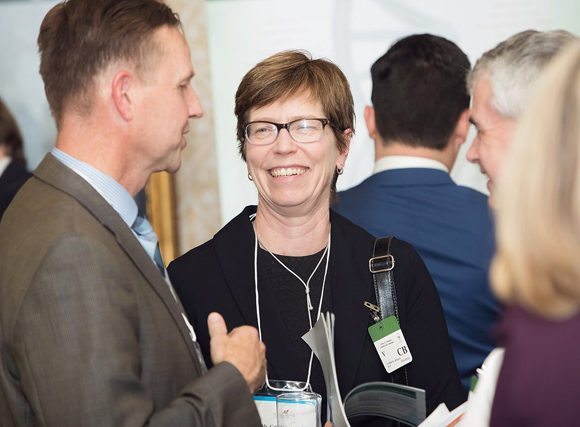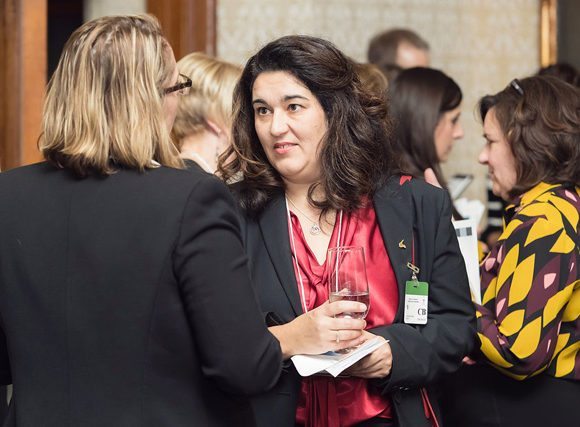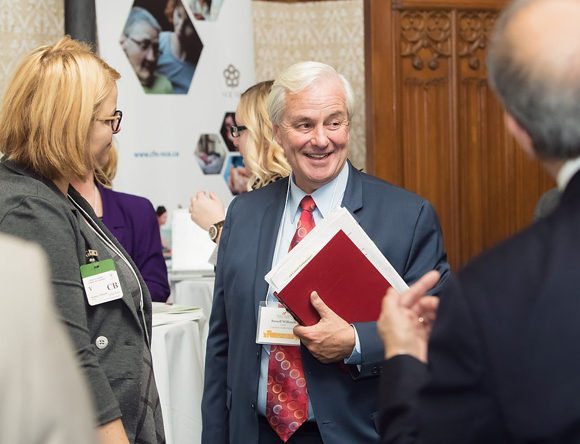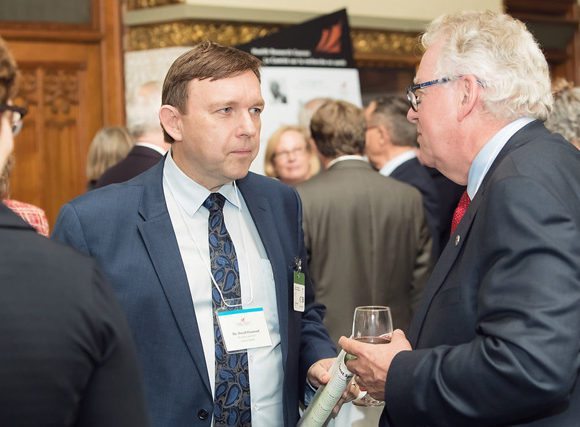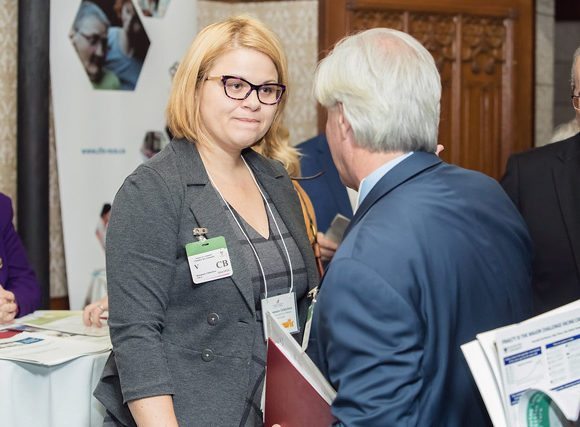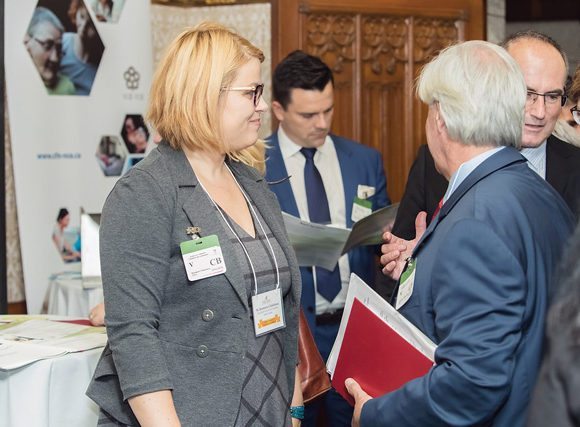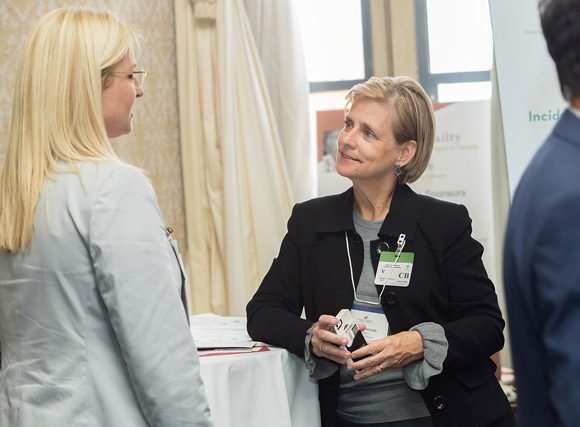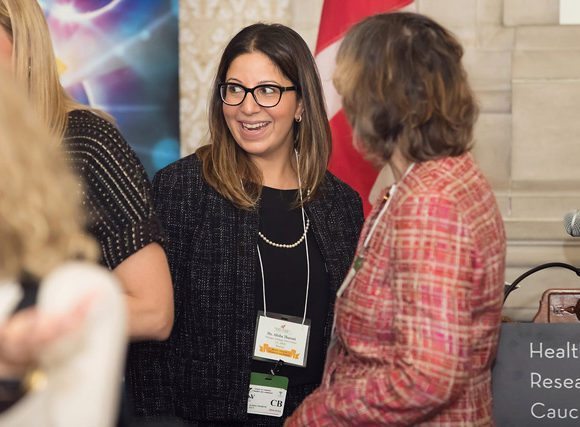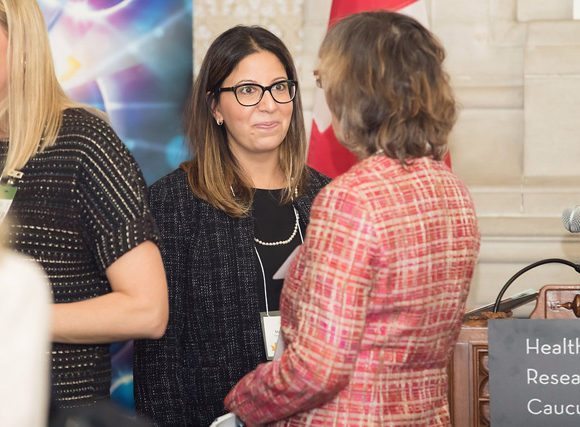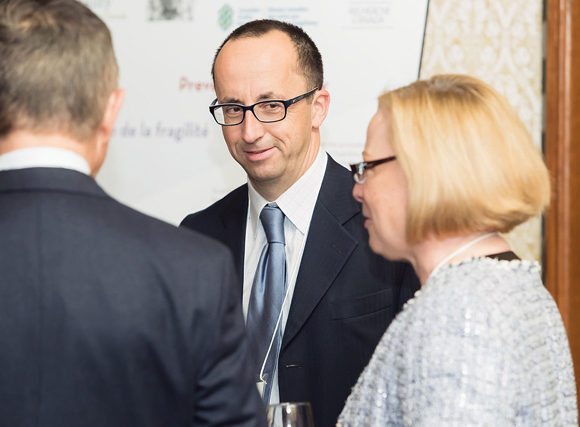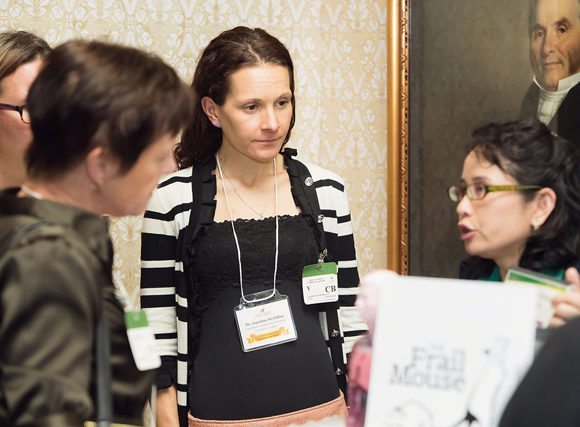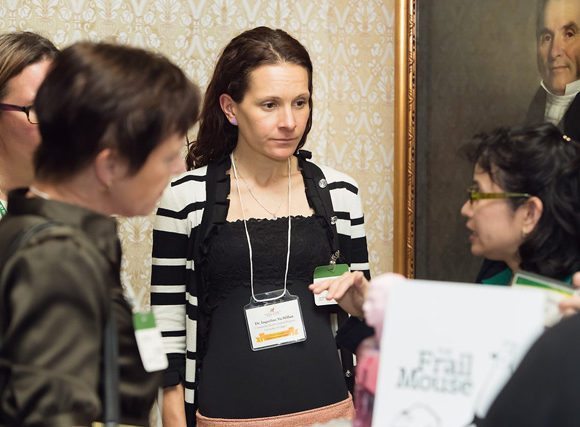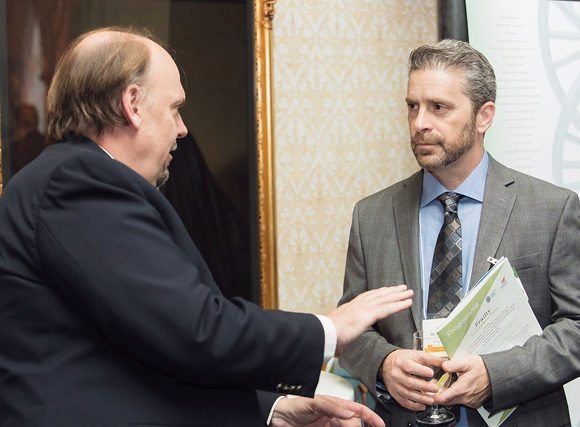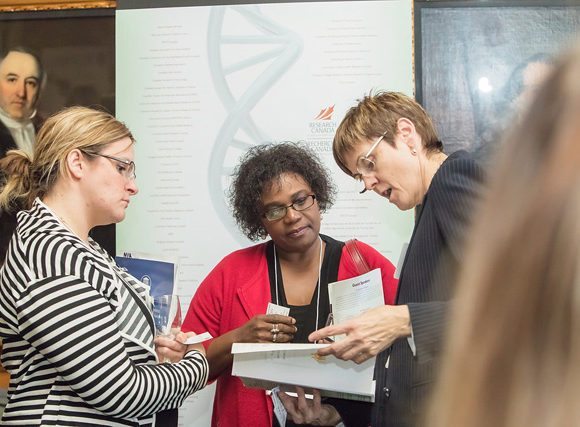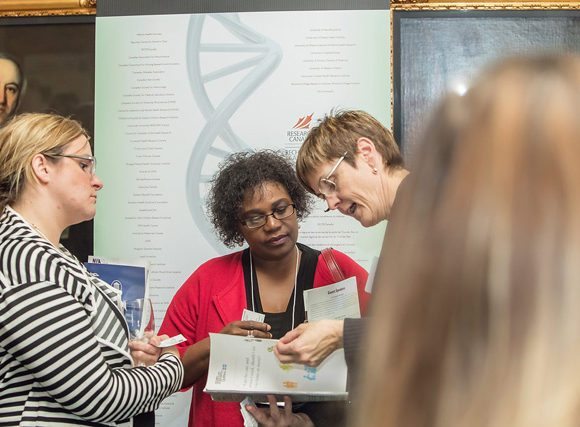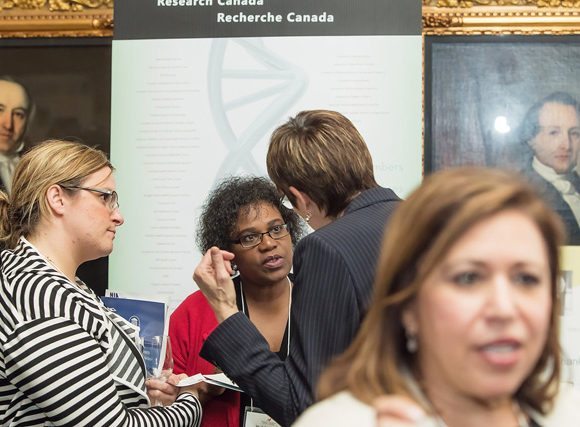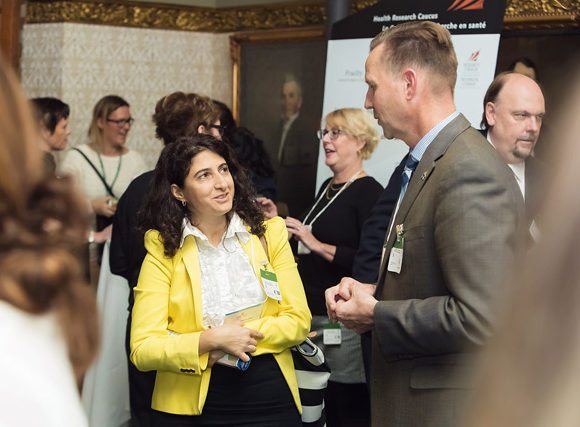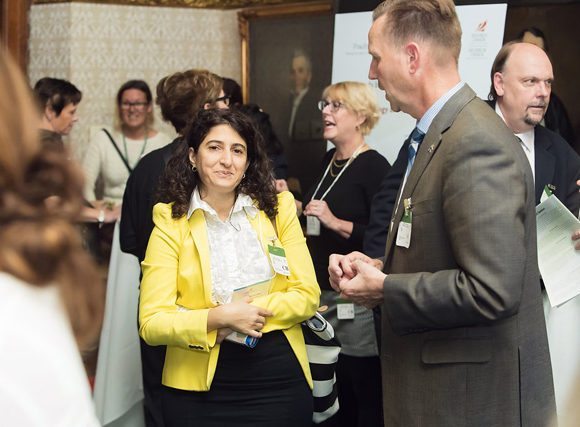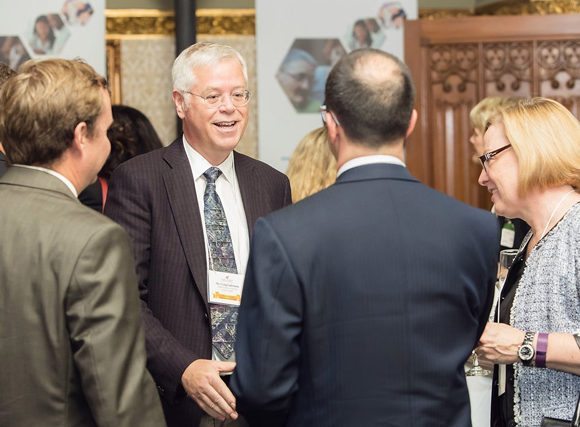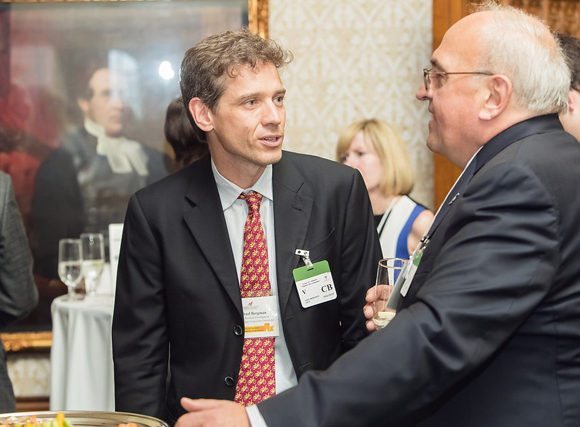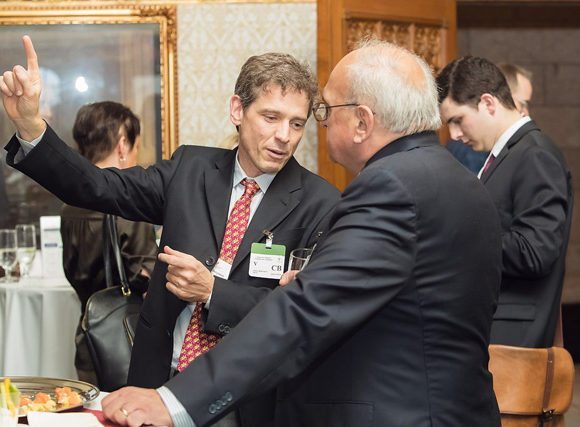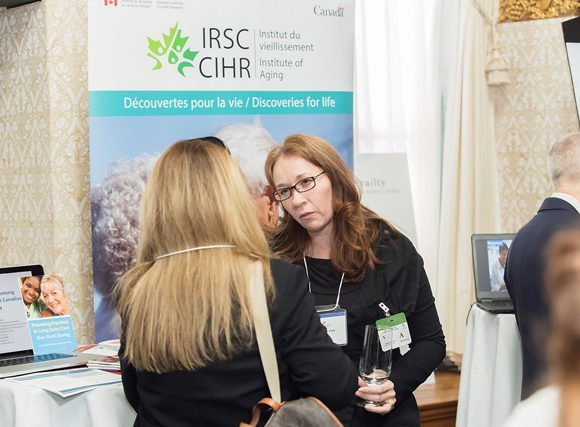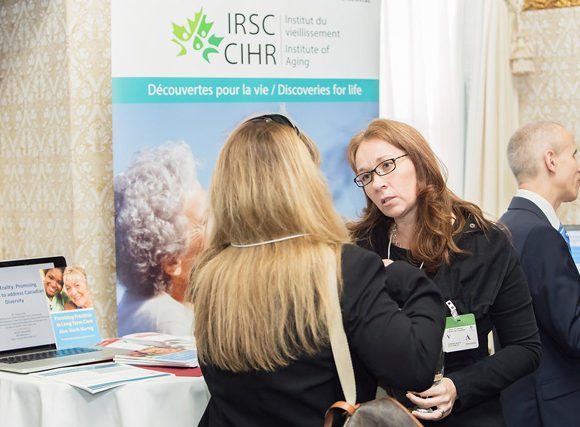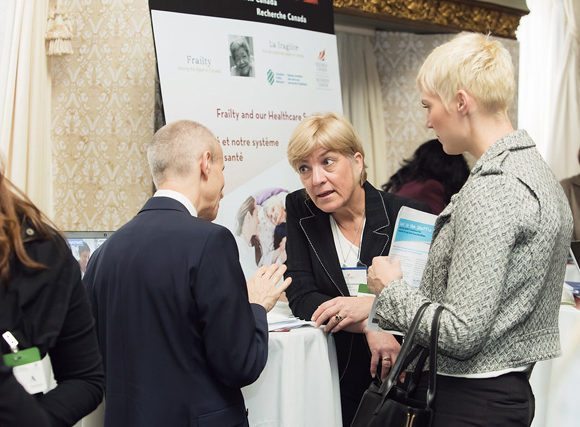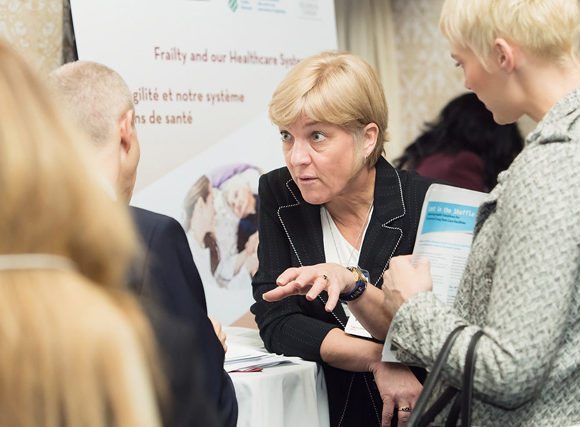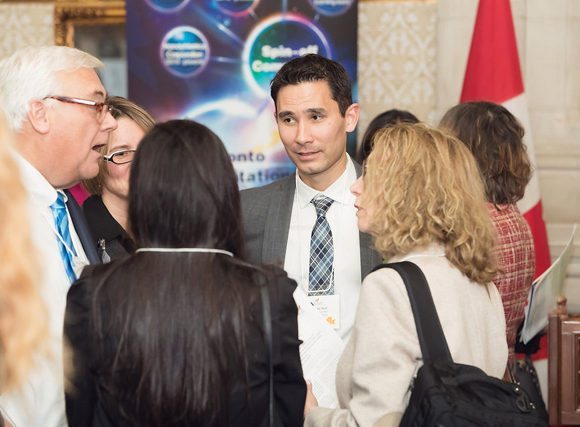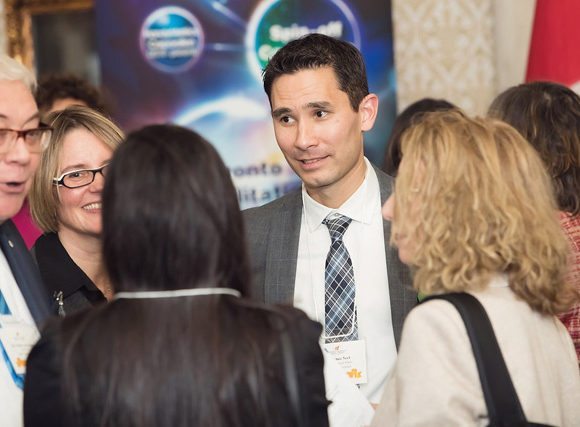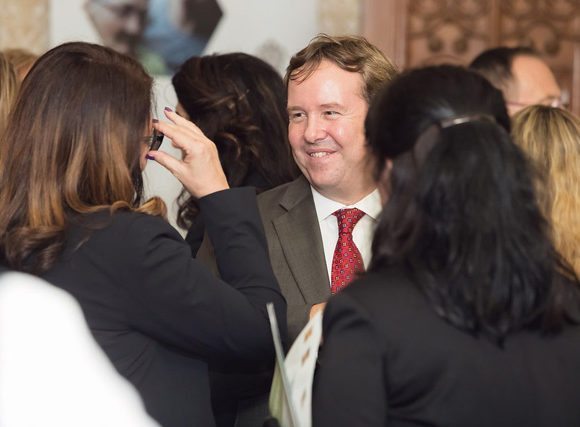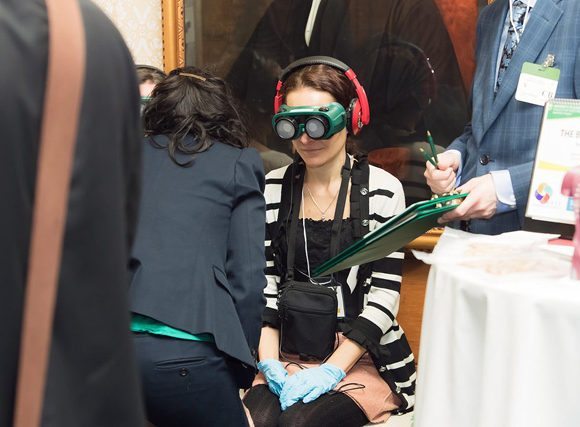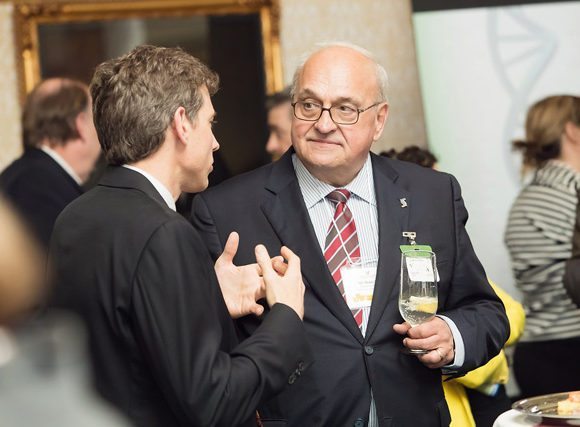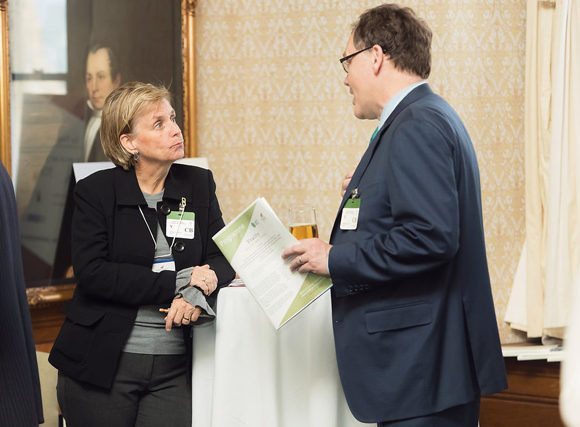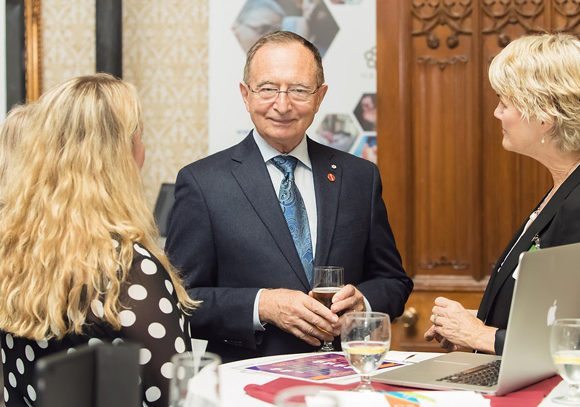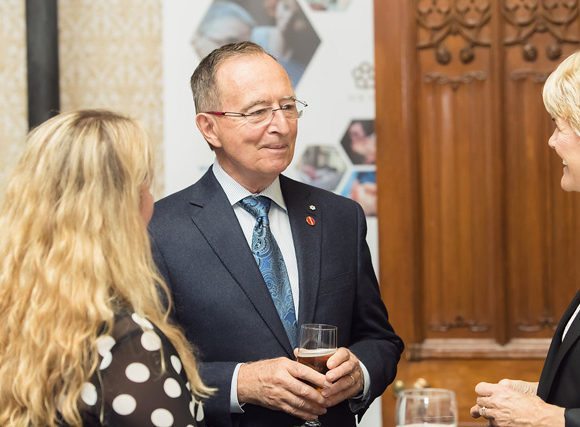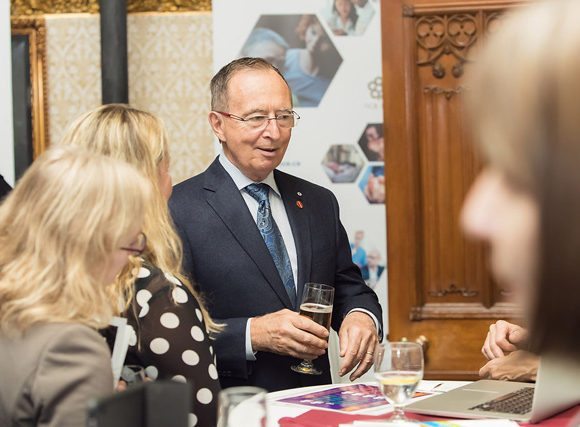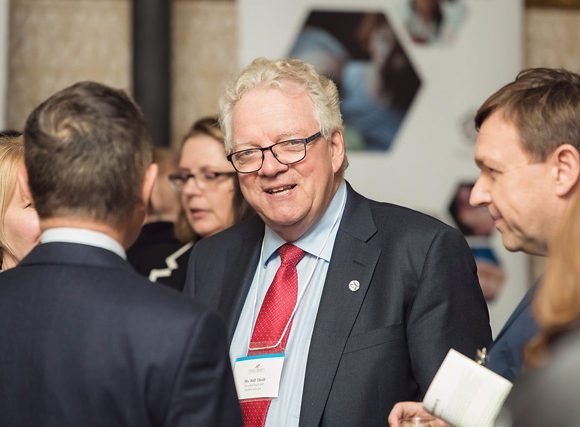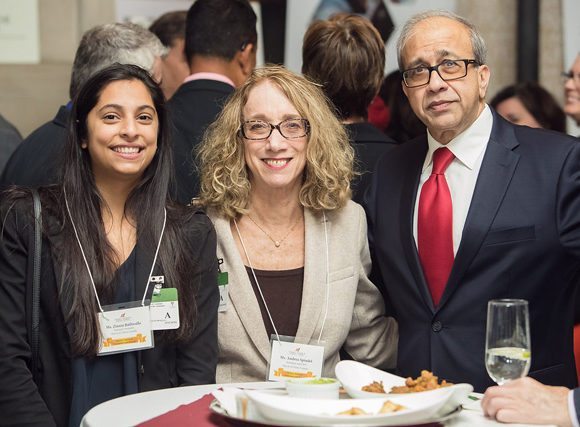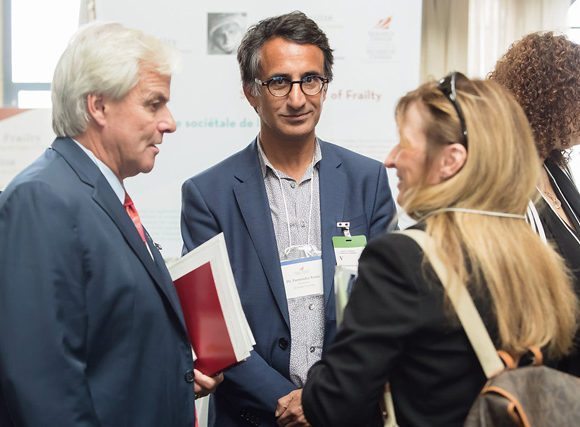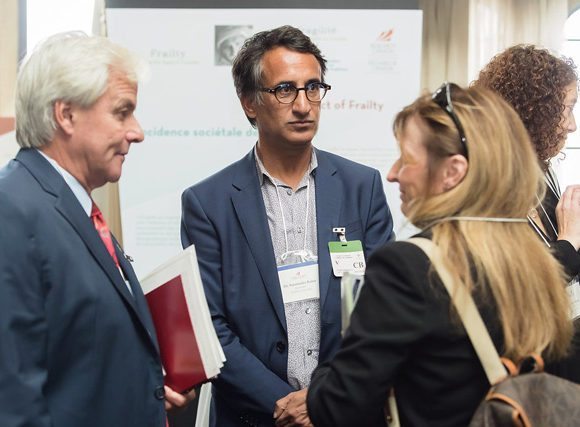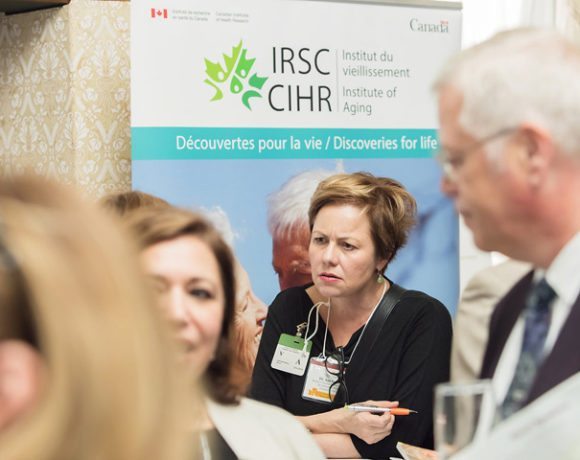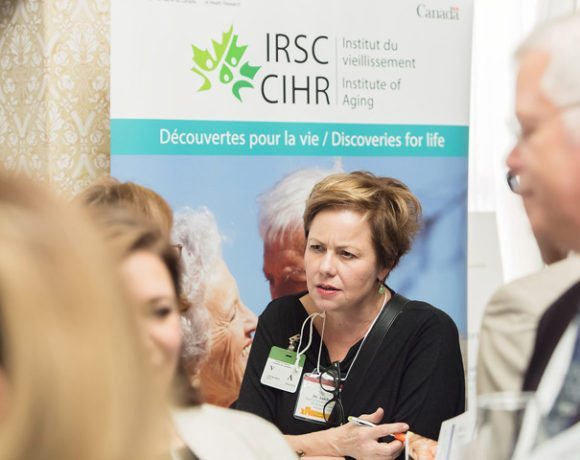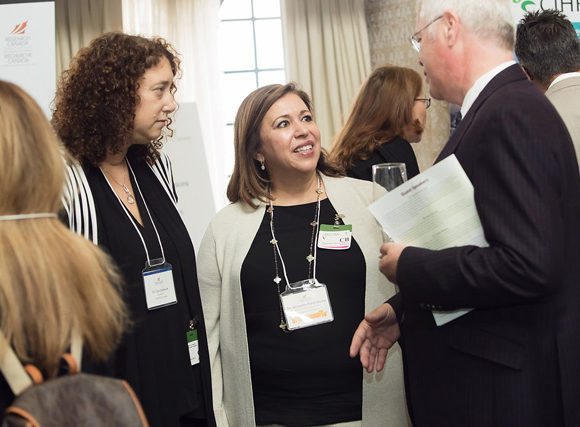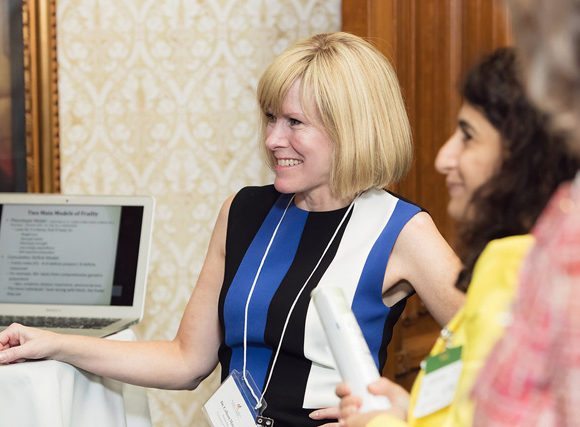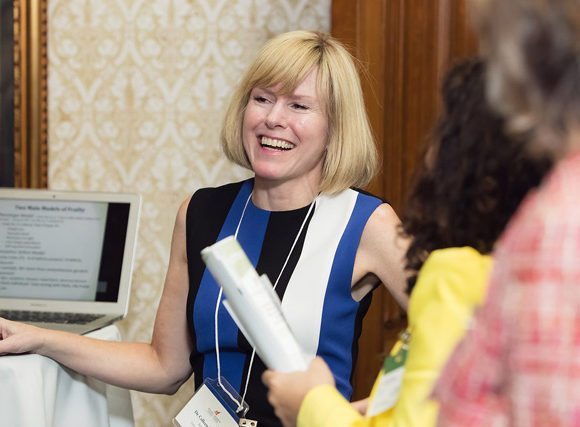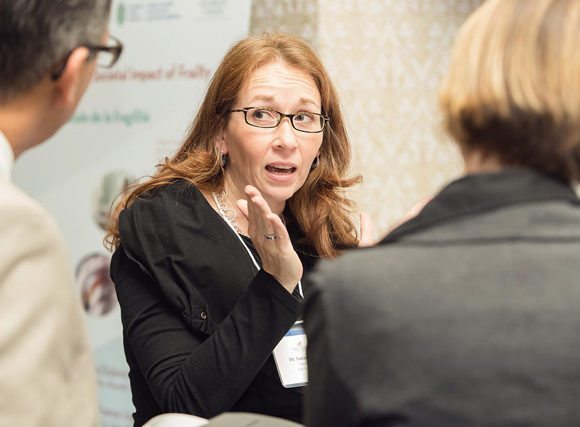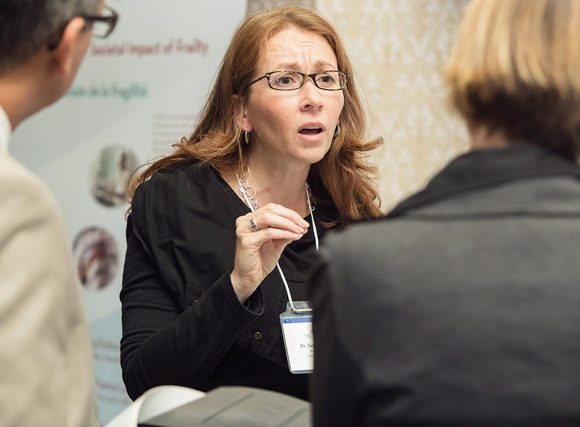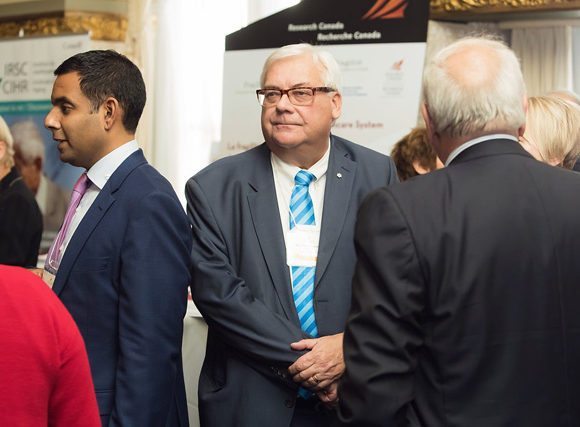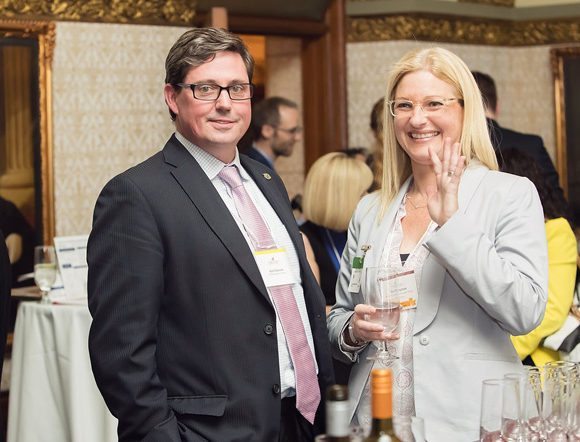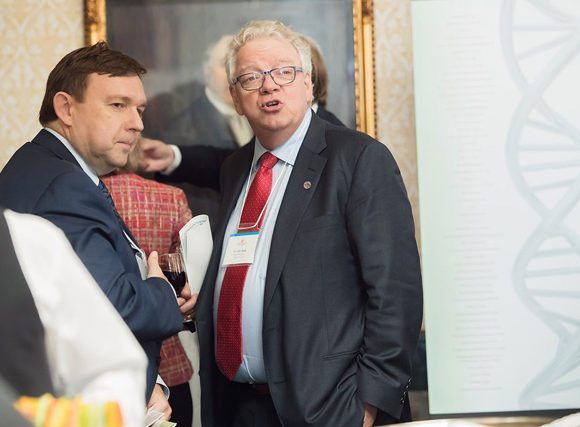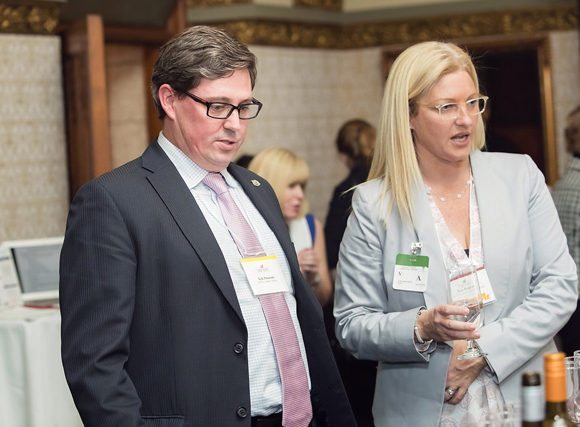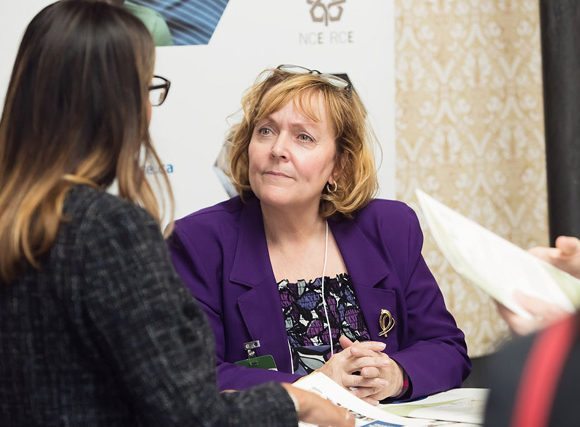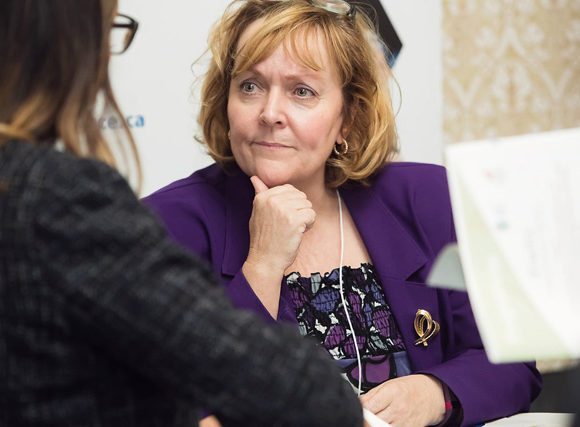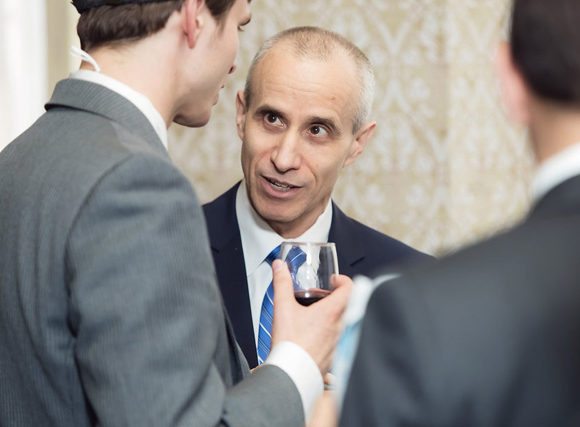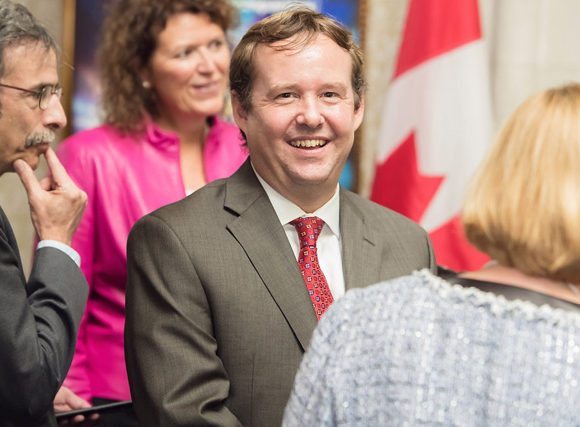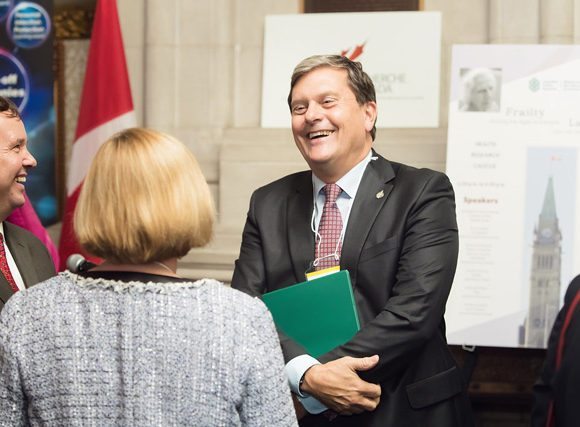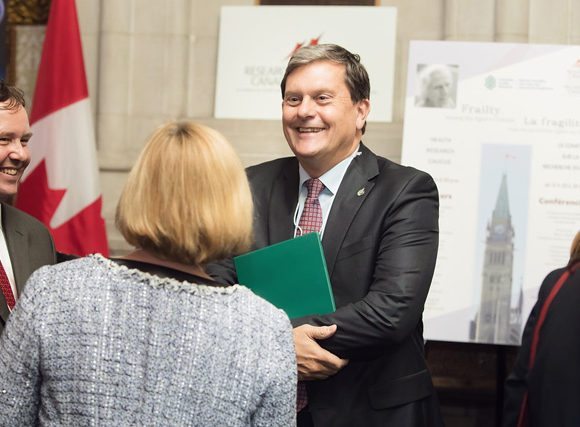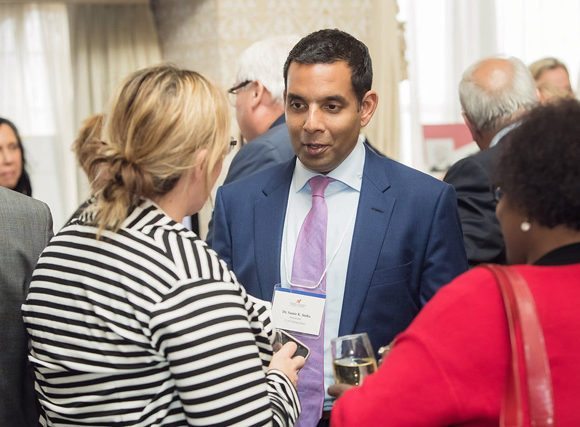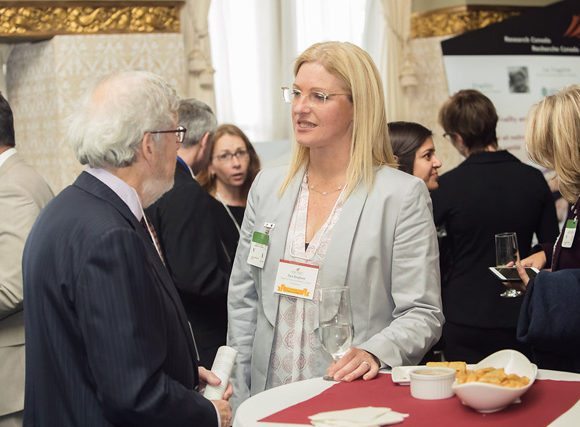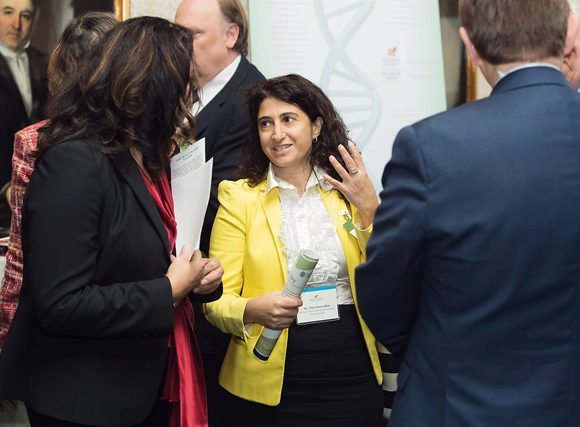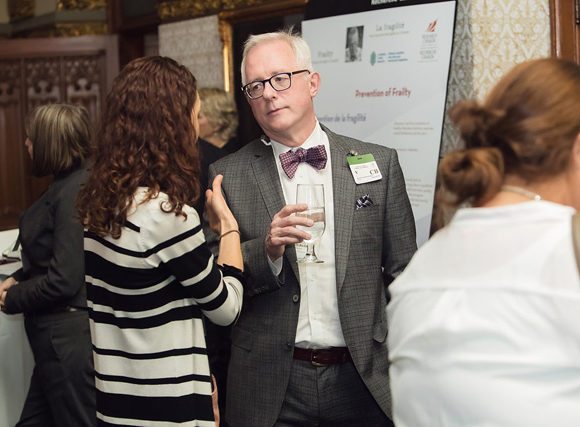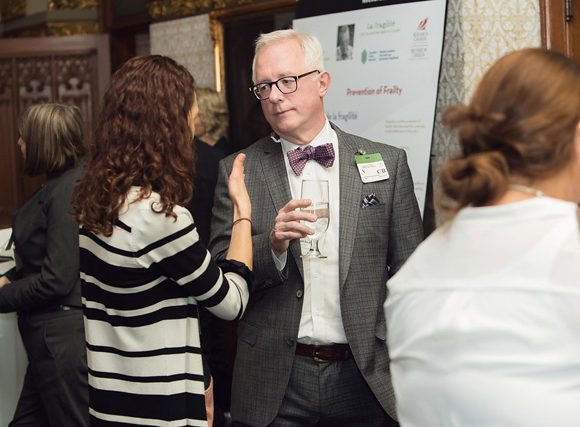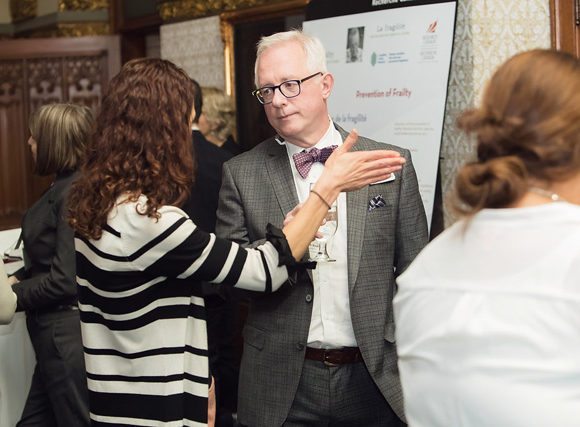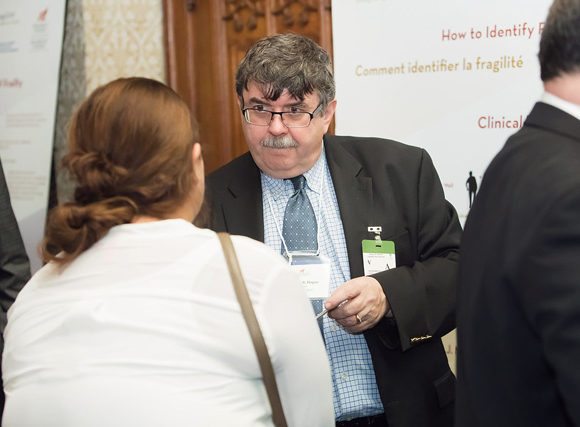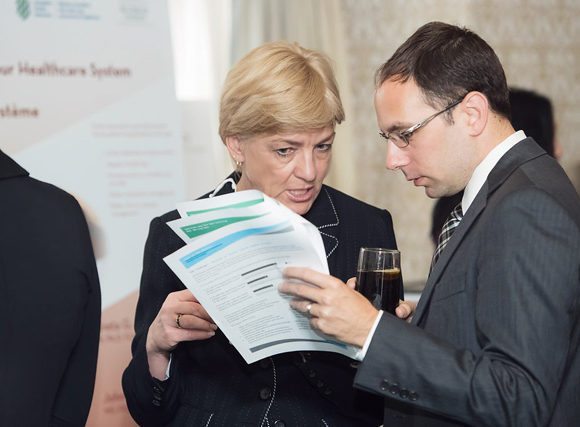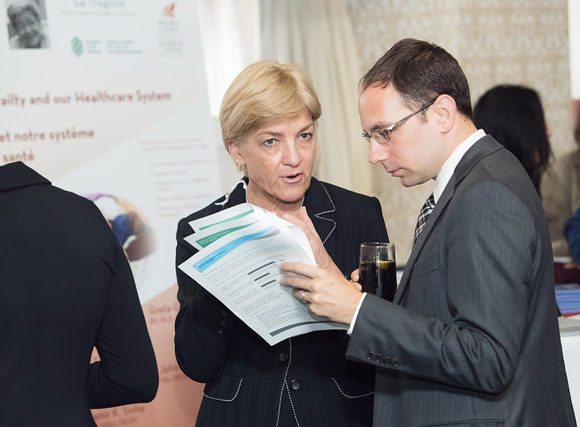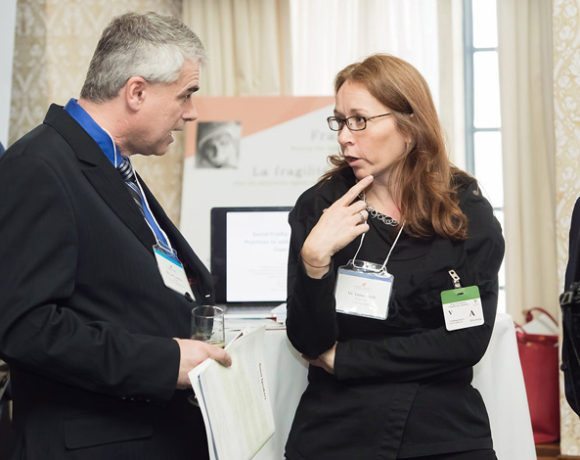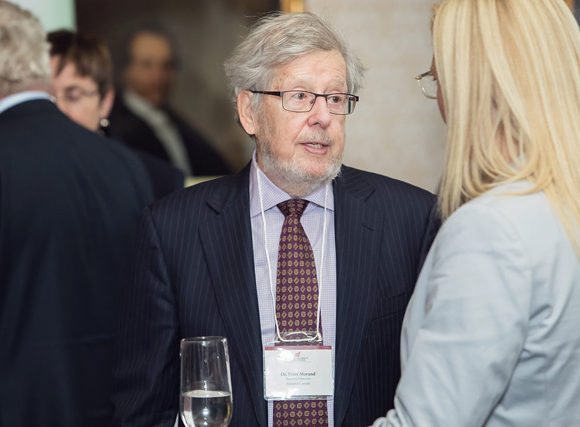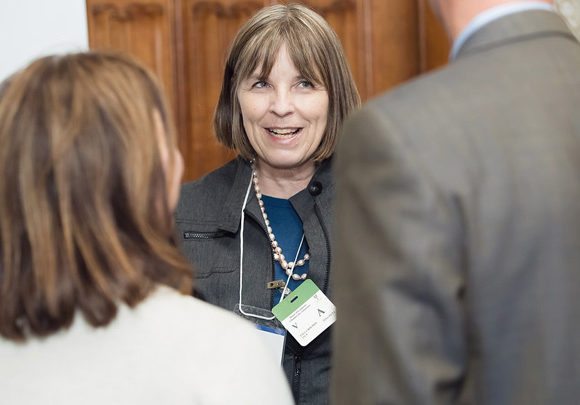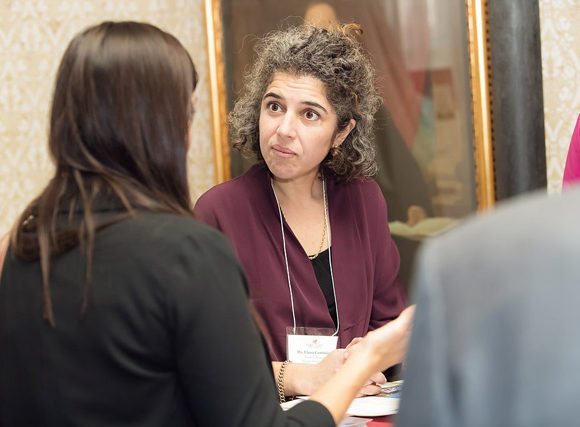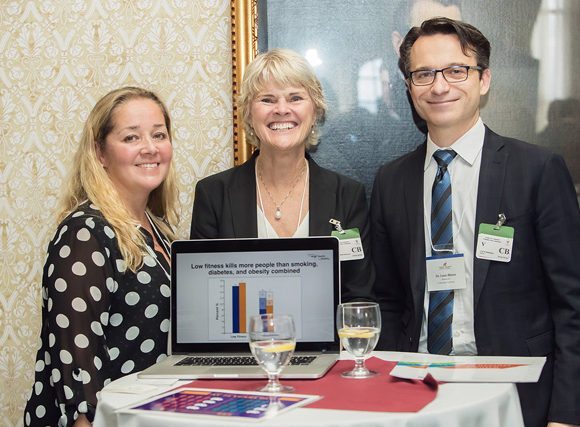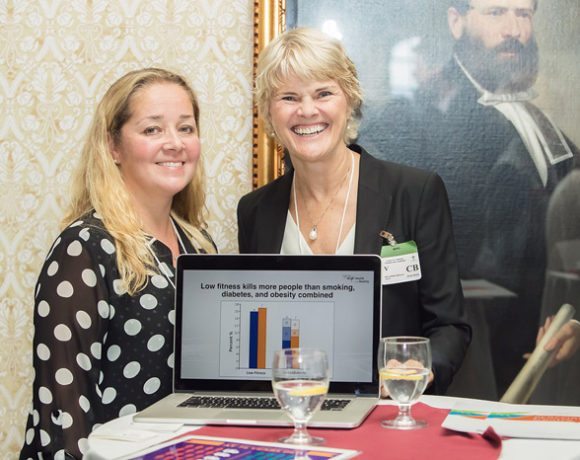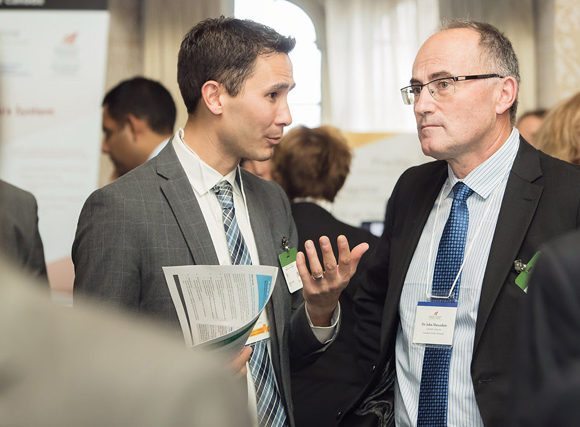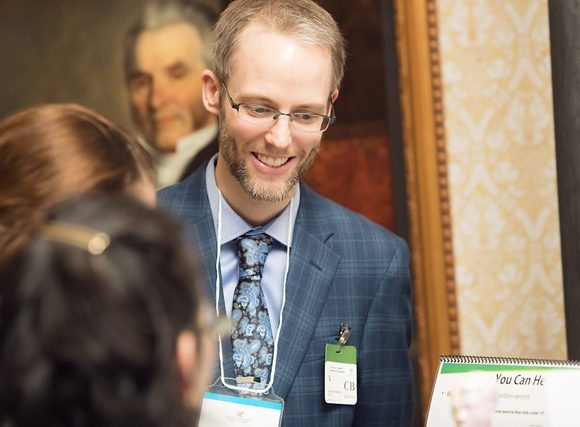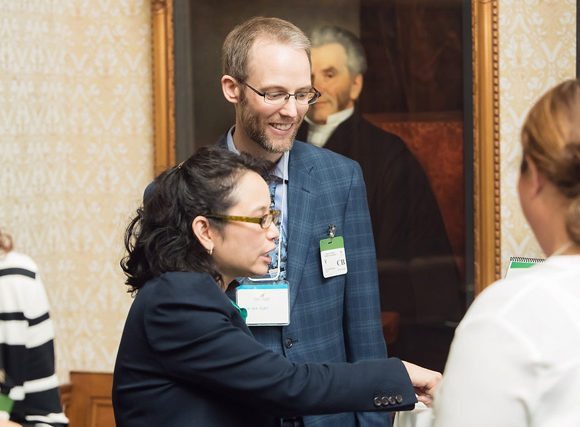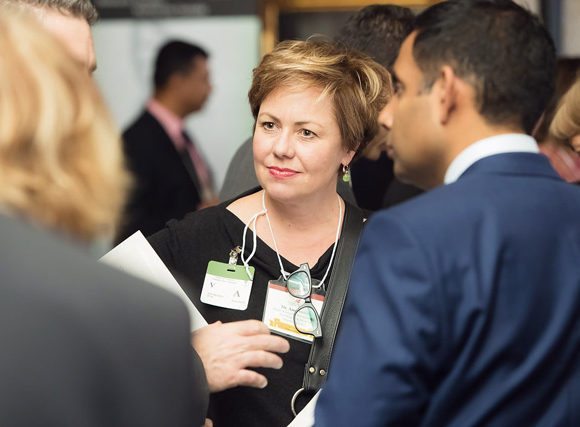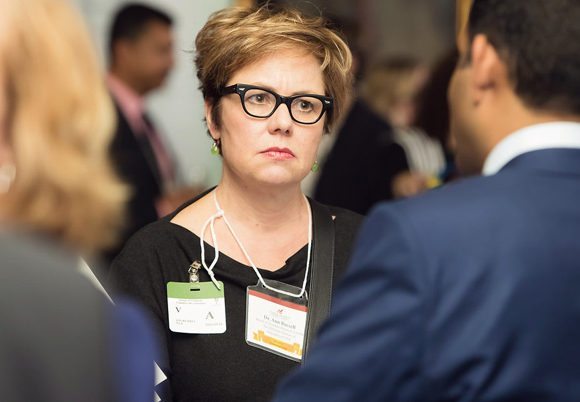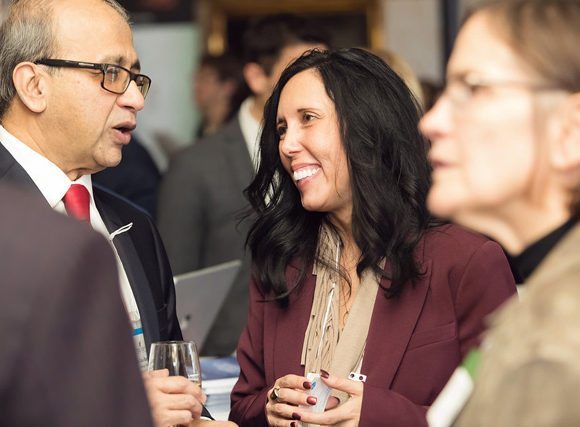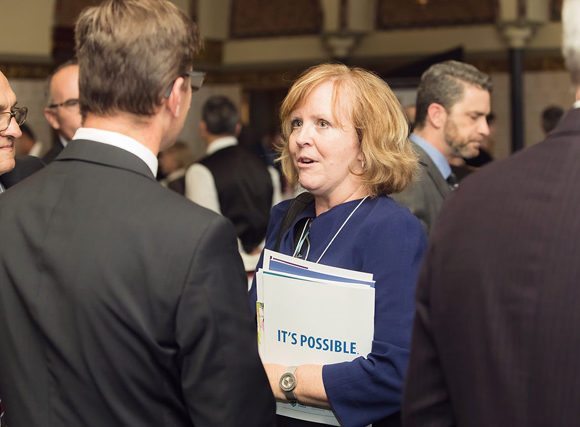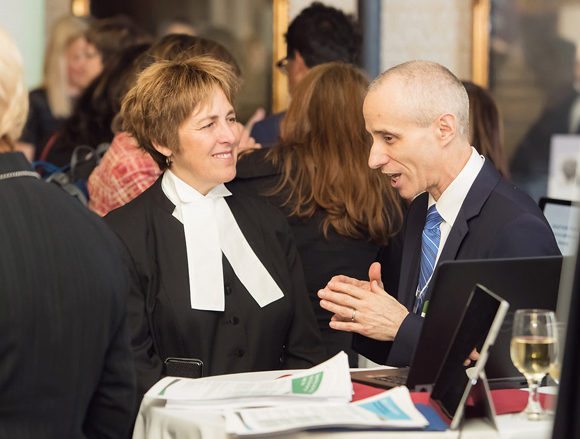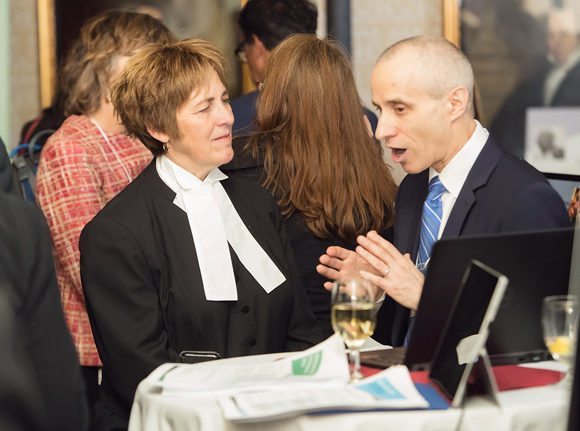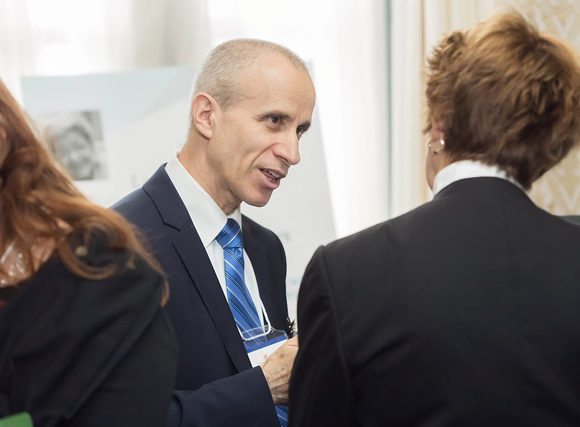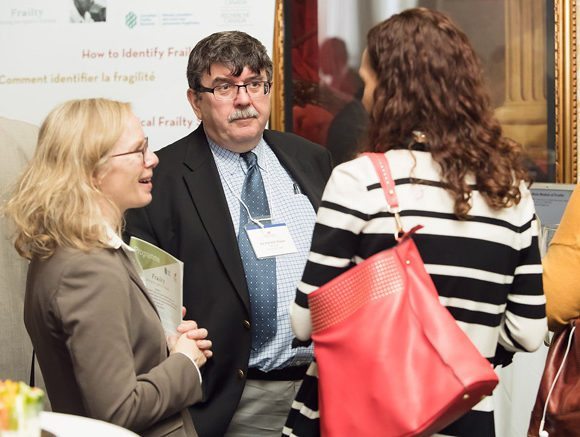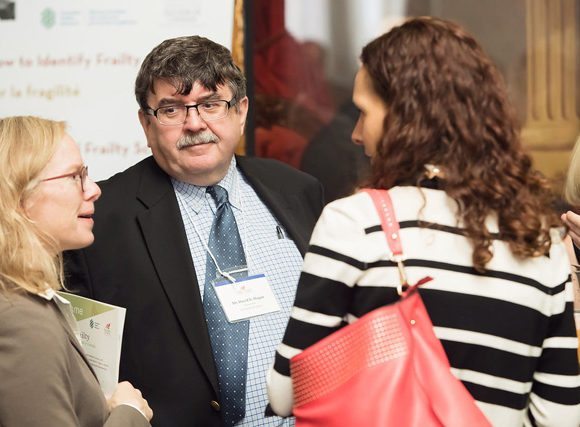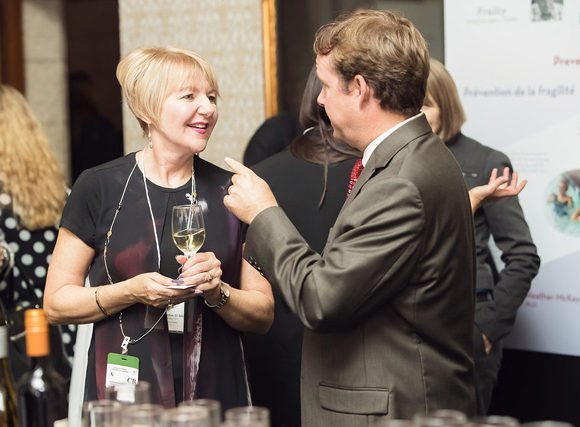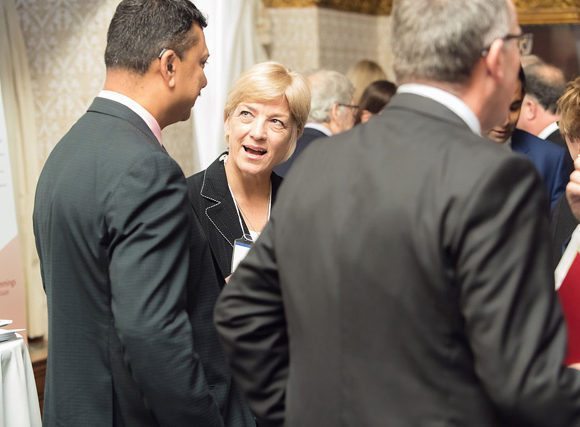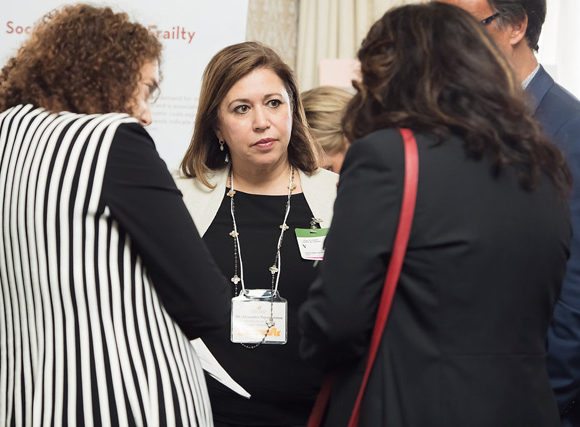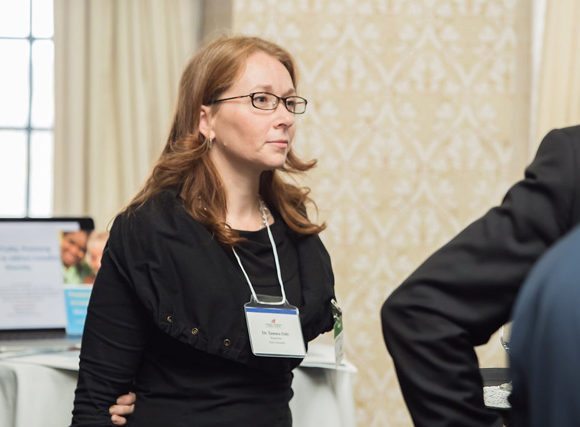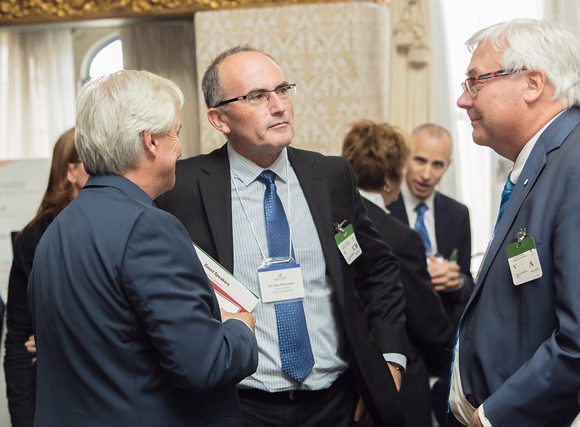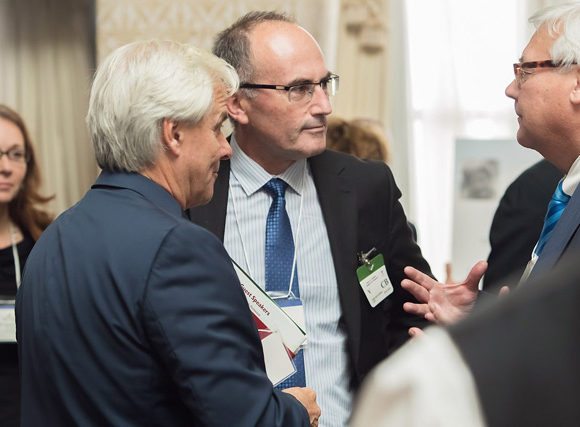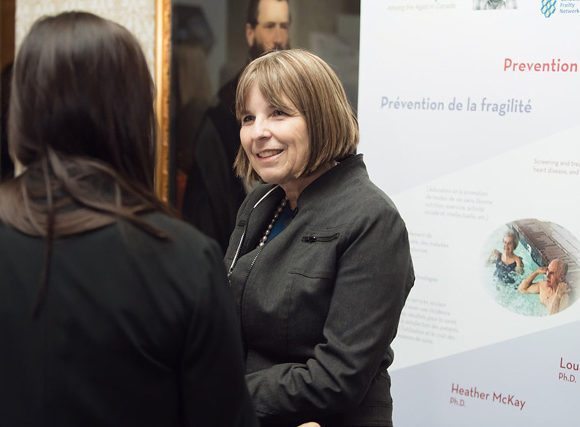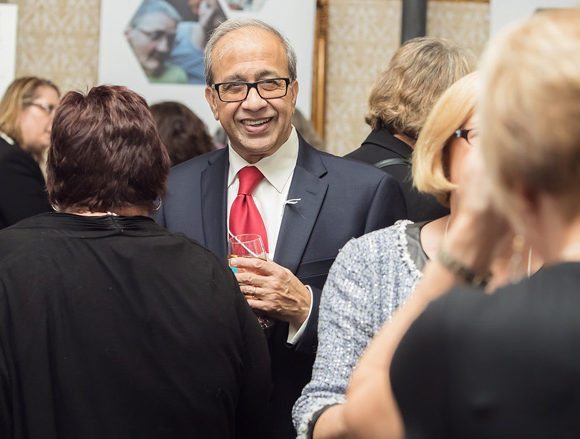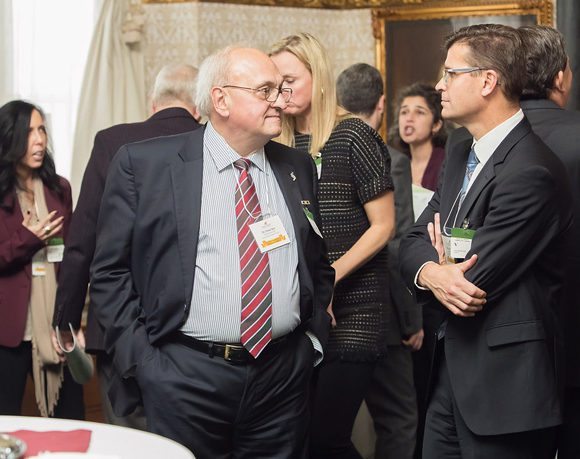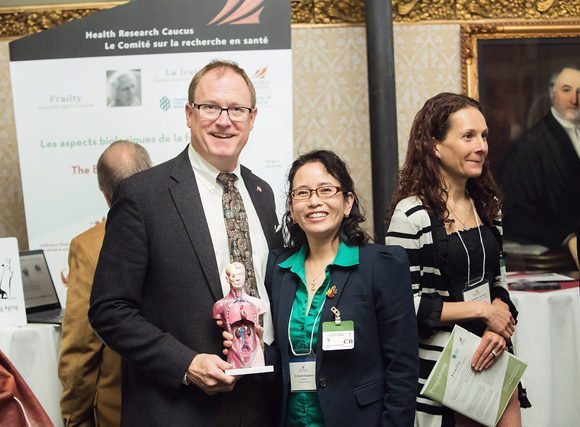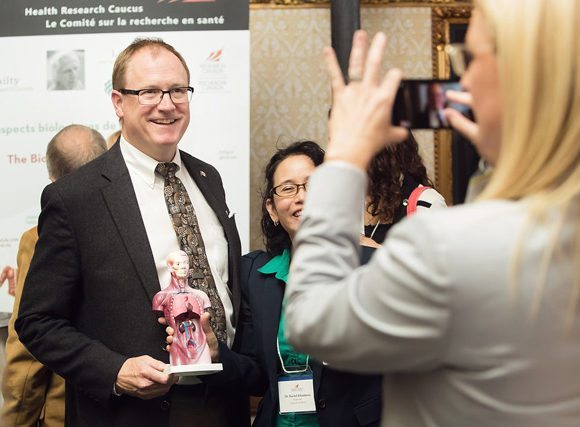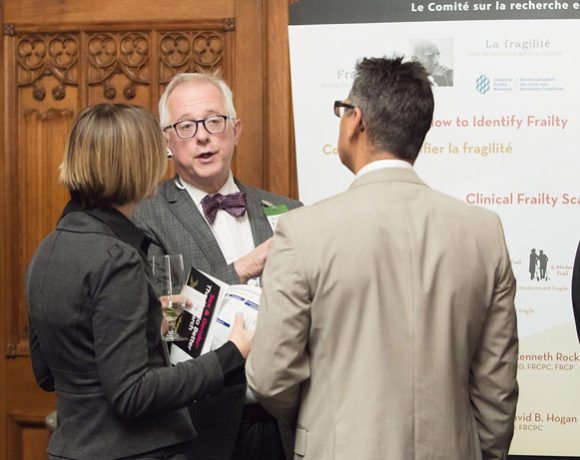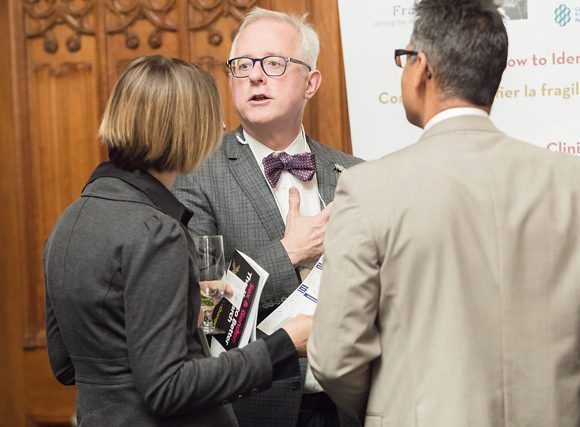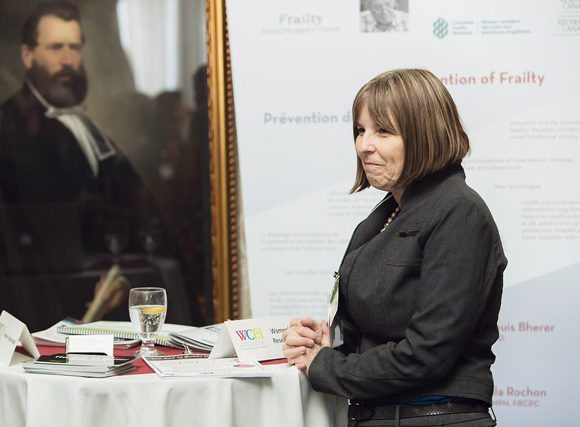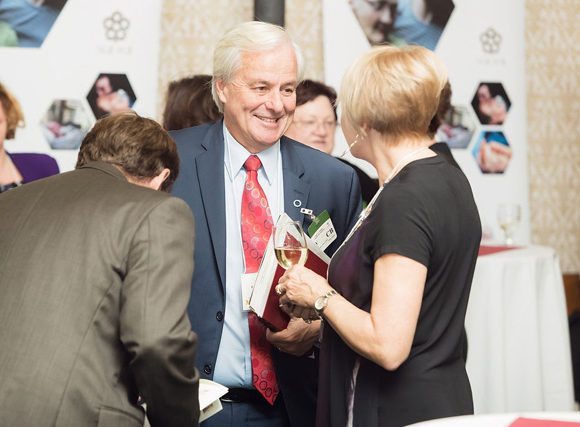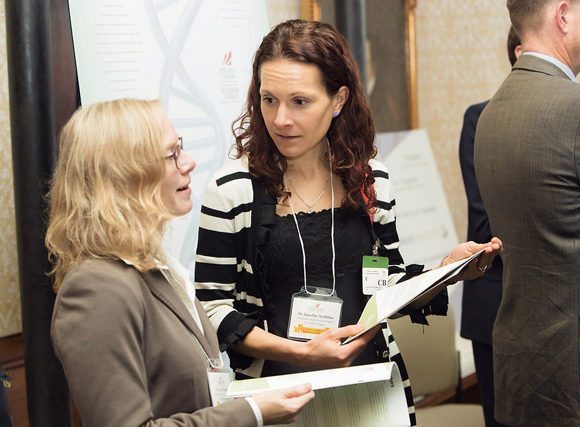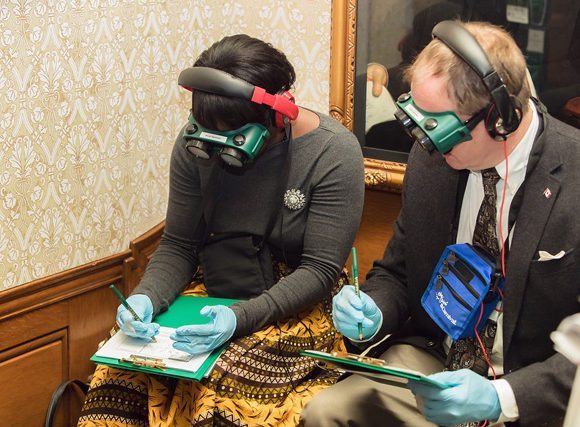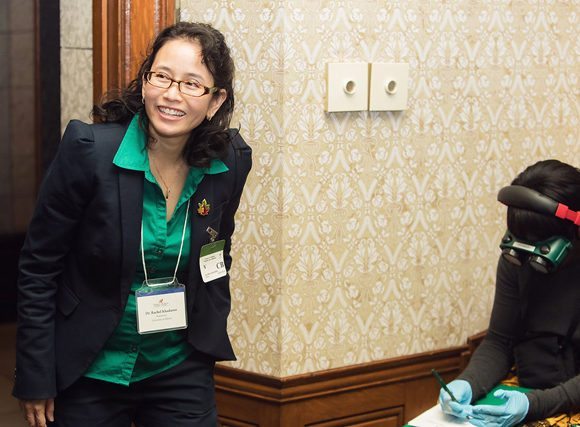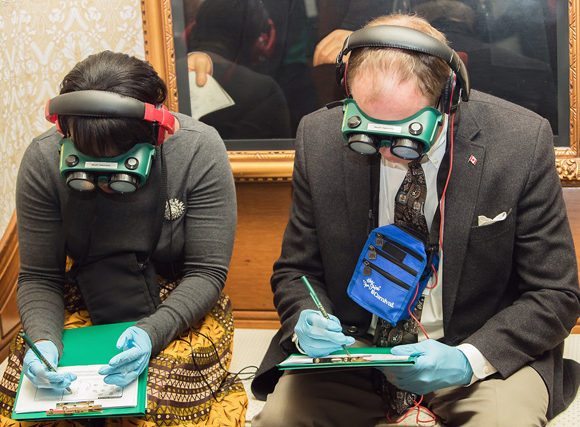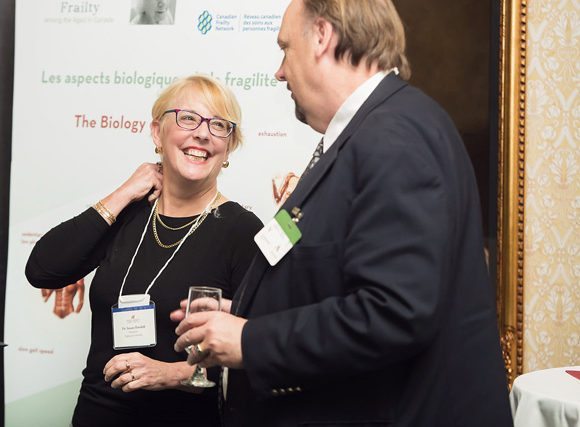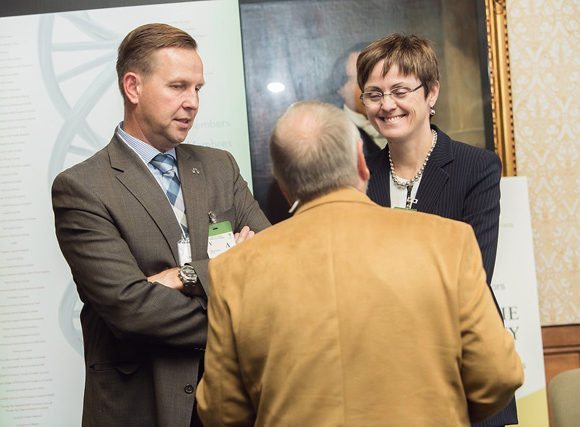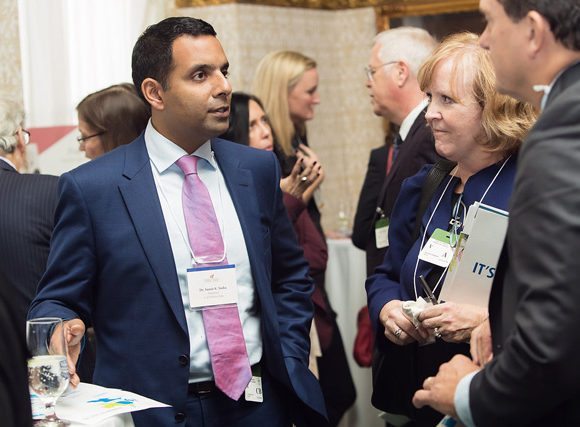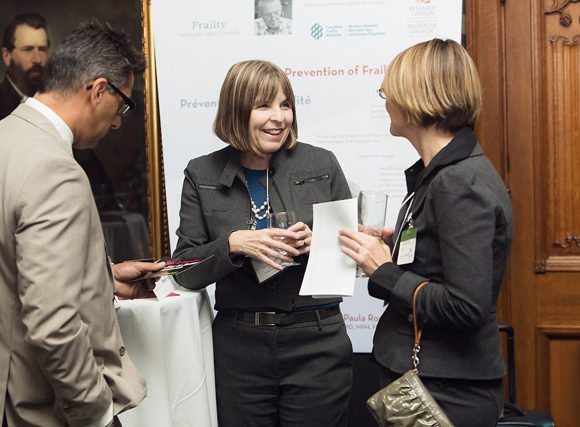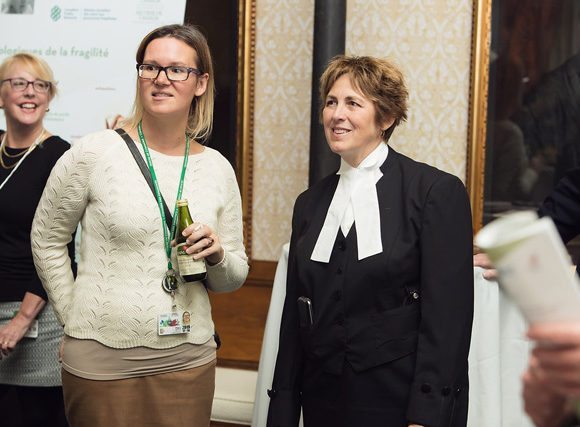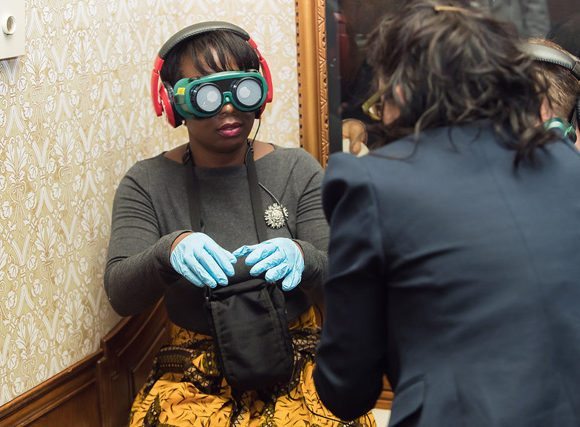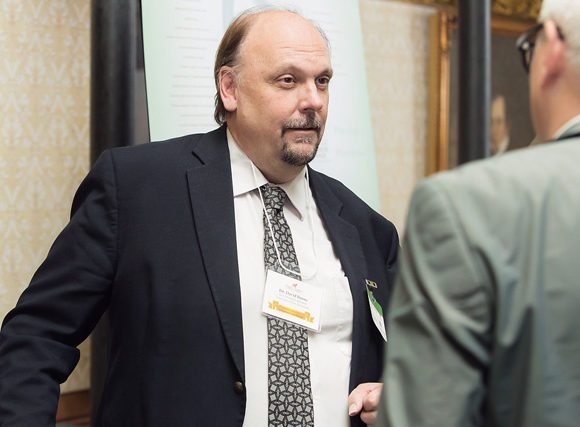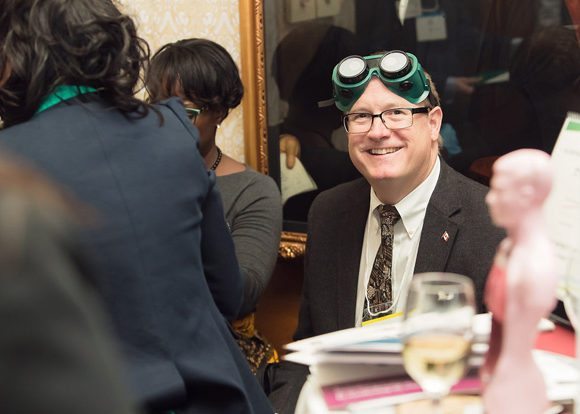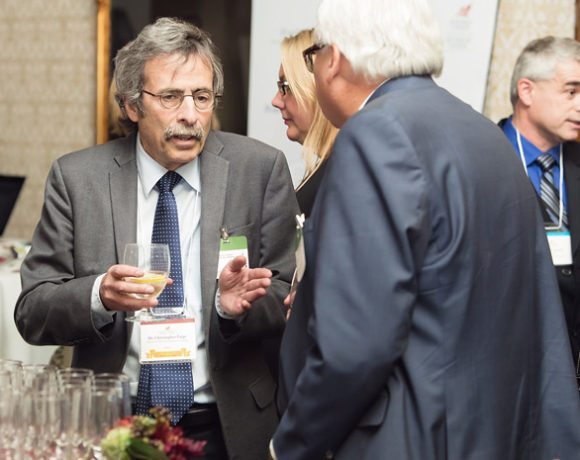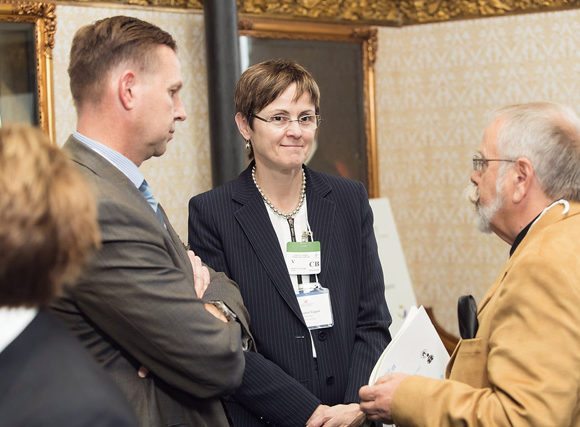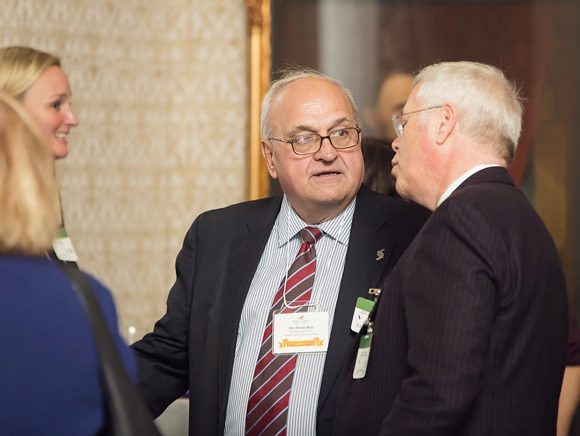HRC Frailty Among The Aged in Canada

Kiosk Session
Monday October 24, 2016 from 3:30 p.m. – 6:30 p.m.
Speaker’s Lounge CB-216-N, Centre Block, Parliament Hill, Ottawa, Ontario.
This event is by Invitation only.
To see information and pictures from past events, see the Health Research Caucus section under ‘Advocacy’ in the navigation.
People differ vastly in the way they age. If we are able to predict which individuals are likely to face problems as they age, we may be able to use this information to design preventative programs and to optimize a person’s care and treatment. Clinicians now are looking at ways to prevent or delay frailty, sometimes even reverse it.
One way to identify older people at risk of poor outcomes is by identifying frailty. Frailty is a common condition in older people, although it is not an inevitable part of ageing. It is characterized by weakness, weight loss and a decreased ability to cope with illness and life challenges.
The fundamental problem with frailty is a reduced ability to bounce back from biological insults, such as infections and injuries. Only in recent years has the term “frailty” become a medical diagnosis.
There a growing body of knowledge on: basic biological and social mechanisms; prevalence and risk factors at the population level; markers for early (possibly pre-clinical) detection and diagnosis; population health and social interventions; clinical interventions in the detection, prevention, treatment, rehabilitation and care of frail older persons, including the use of technology and the organization of services in the healthcare system.
Brenda Strafford Centre on Aging at the University of Calgary, McMaster University, Michener Institute, Concordia University PERFORM Centre, Providence Health Care Research Institute, University Health Network, Vancouver Coastal Health Research Institute
AbbVie, Baycrest Health Sciences, Bridging Aging and Disability International Network: supported by March of Dimes, CAMH, Centre for Health Evaluation and outcome Sciences (CHÉOS), Canadian Institute for Health Information (CIHI), Canadian Nurses Association (CNA), Canadian Society for Medical Laboratory Science (CSMLS), Eli Lilly Canada, Hamilton Health Sciences, Lunenfeld-Tanenbaum Research Institute: Mount Sinai Hospital, Michael Smith Foundation for Health Research, Ontario Long-Term Care Association, Ottawa Heart Institute, Parkinson Canada, Pfizer Canada, Shift Health, SickKids Research Institute, University of Alberta, University of New Brunswick, Valeant Canada, Von Canada
Thank you to everyone who attended the Frailty Among the Aged in Canada event!
The Biology of Frailty
How frailty arises through the biological process of metabolism, aging, and the accumulation of subcellular deficits. Research in this area examines links between cellular deficit accumulation and the manifestation of microscopic/clinical deficits.
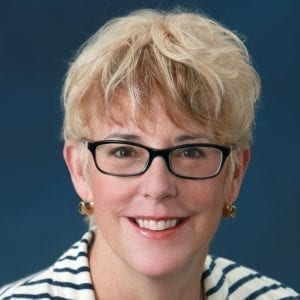
Susan Howlett, is a Professor of Pharmacology and Geriatric Medicine at Dalhousie University as well as an adjunct Professor of Cardiovascular Physiology at the University of Manchester. She has discovered profound differences in the way male and female heart cells function and how this changes with age. Her group recently pioneered the measurement of frailty in naturally aging animals, based on concepts developed in clinical medicine. The ability to quantify frailty with a “frailty index” based on deficit accumulation in animal models is a major advance that will help translate mechanisms of cellular dysfunction in aging into meaningful treatments.
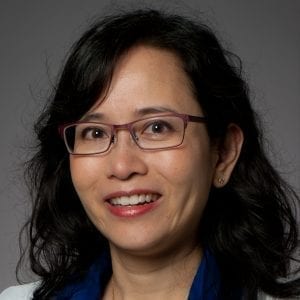
Dr. Khadaroo is a Surgeon-scientist, Intensivist, and Associate Professor of Surgery in the Department of Surgery and Critical Care Medicine (University of Alberta). Her research spans two pillars of health inquiry –biomedical and clinical. She is the lead investigator for the Elder-friendly Approaches to the Surgical Environment (EASE) study, which is a multi-site care initiative investigating the impact of elder-friendly practices on surgical patients. Dr. Khadaroo’s research aims to understand factors present at the patient and biological level to optimize perioperative care and improve outcomes in surgical patients. Visit: https://drkhadaroo.med.ualberta.ca/. She enjoys drawing and creating medical illustration for her upcoming book Perioperative Care: Essentials of surgery for health professionals.
How to Identify Frailty
There are two popular frailty scales that have been proposed to identify frailty. The deficit model, consists of adding together an individual’s number of impairments and conditions to create a Frailty Index. The second model views frailty as a biological syndrome resulting from cumulative decline across multiple physiological systems. Other operational concepts of frailty can be considered on a spectrum between these two approaches.
- How to Identify Frailty
- Kenneth Rockwood, MD, FRCPC, FRCP
- Colleen J. Maxwell, Ph.D.
- David B. Hogan, MD, FRCPC

Dr. Rockwood is a Professor of Medicine (geriatric medicine and neurology), the Kathryn Allen Weldon Professor of Alzheimer Research at Dalhousie University, and staff physician at the Nova Scotia Health Authority. Professor Rockwood has had a longstanding interest in clinical and epidemiological aspects of frailty, dementia and delirium. Professor Rockwood has published more than 400 peer-reviewed scientific publications and nine books. He was the National Lead for the Canadian Dementia Knowledge Translation Network. He is a member of the research executive committee of the Canadian Collaboration on Neurodegeneration in Aging (CCNA). He leads the CCNA’s Knowledge Translation Program and co-leads the Quality of Life research theme.

Colleen Maxwell is a Professor with the Schools of Pharmacy and Public Health & Health Systems, University of Waterloo, an Adjunct Scientist with the Institute for Clinical Evaluative Sciences (ICES), and an Adjunct Professor with Community Health Sciences, University of Calgary. She is a senior health services researcher with expertise in aging, frailty, continuing care and pharmacoepidemiology. Her research interests include the quality of care and pharmacotherapy of older vulnerable populations across the care continuum – particularly those with dementia, depression and related disorders. A particular focus within these areas is the investigation of different approaches to screen for (and grade) levels of frailty among older adults with the goal of using this information for improving geriatric pharmacotherapy and outcomes.

Dr. Hogan is the Brenda Strafford Foundation Chair in Geriatric Medicine, University of Calgary. Uncertainty remains on how to identify frailty. The approach taken influences who is categorized as frail and how its detection can inform care. Work that I’ll be presenting will include: Comparing various ways of identifying frailty and how much it adds to measures like disability in assessing future risk; Creating frailty indices from administrative data routinely collected; Using a frailty index to identify frailty and as an outcome measure and modifier of risk with the use of medications in the care of older persons.
Frailty and our Healthcare System
Our healthcare system, organized around the diagnosis and treatment of particular diseases, is not designed to cope with frailty as frail people do not necessarily suffer from any single disease. Challenges include: the organization and sustainability of the continuum of services, shortage of specialists, cultural competence in service delivery, and resource allocation. Solutions include targeting those “at risk,” partnerships with families, telemedicine and assistive technology, and promoting healthy aging.
- Frailty and our Healthcare System
- Samir K. Sinha MD, DPhil, FRCPC
- John Muscedere MD, FRCPC
- Janet E. McElhaney, MD, FRCPC, FACP
- Greta G. Cummings RN PhD FCAHS FAAN
- Gary Naglie, MD, FRCPC, FGSA
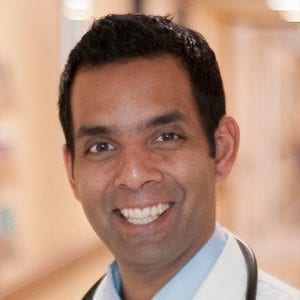
Dr. Sinha is the Director of Geriatrics of the Sinai Health System and University Health Network Hospitals in Toronto and an Associate Professor of Medicine at the University of Toronto and the Johns Hopkins University School of Medicine. A Rhodes Scholar, Samir is a highly regarded clinician and international expert in the care of older adults. His research focuses on how to build better models of care for older adults across the continuum of care that achieve both better patient and system outcomes. He has consulted and advised governments and health care organizations around the world and is the Architect of the Government of Ontario’s Seniors Strategy.

Dr. Muscedere is Scientific Director of the Canadian Frailty Network, a Professor of Medicine at Queen’s University School of Medicine and an intensivist at Kingston General Hospital (KGH). He is Research Director of the Critical Care Program at Queen’s, and Co-Chair of the Canadian Critical Care Trials Group (CCCTG) Knowledge Translation Committee. Dr. Muscedere is an accomplished critical care researcher whose primary research interests include ventilatorassociated pneumonia, clinical practice guidelines, quality improvement, knowledge translation and venous thromboembolism.
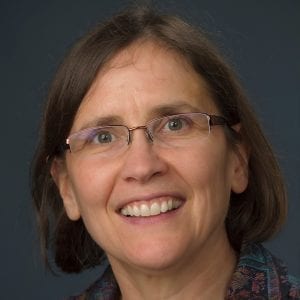
Dr. McElhaney is HSN Volunteer Association Chair in Healthy Aging, VP Research and Scientific Director, Health Sciences North Research Institute. Her “Vaccine Initiative to Add Life to Years” (VITALiTY), is an interdisciplinary approach using measures of frailty to reflect overall health status and risk factors for catastrophic disability; developing biomarkers of protection against influenza and herpes zoster and exploring the contribution of “inflammaging” in designing new vaccines for improved protection in older adults. The overall goal is to promote healthy aging through the “48/5” strategy in hospitalized older adults, and to address the challenges of multiple chronic conditions in Indigenous communities of Northern Ontario.
Presentation: Knowledge in Motion: Healthy Aging in Northern and Indigenous Communities

Greta Cummings leads the CLEAR Outcomes (Connecting Leadership Education & Research) research program in leadership science in health services. Dr. Cummings also leads the Older Persons’ Transitions in Care (OPTIC) research program which examines the quality of transitions of frail elderly clients across three care settings: Continuing Care facilities, Emergency Medical Services, and Emergency Departments. Within the OPTIC program, numerous studies are underway, funded by the CIHR, CFN NCE, and NSHW NCE. She received the Canadian Nurses Association 2010 Order of Merit for Research, in 2015 was inaugurated into the Sigma Theta Tau International Nurse Researcher Hall of Fame and in 2016, joined the CIHR Institute Advisory Board for Research Excellence, Policy and Ethics.

Dr. Naglie is Vice President, Medical Services, Chief, Department of Medicine, and a Rotman Research Institute Scientist at Baycrest Health Sciences. He is a Professor in the Department of Medicine and Institute of Health Policy, Management & Evaluation, as well as the Hunt Family Chair in Geriatric Medicine at the University of Toronto. Dr. Naglie’s research focuses on innovative interventions and care models to improve the outcomes and quality of life of frail, complex older adults. He is leading a study of an integrated, inter-organizational care model to meet the needs of the most vulnerable seniors in their homes.
Societal Impact of Frailty
There is no doubt about the impact of frailty on the older individual, the family, particularly those involved in care giving, as well as on society as a whole. Frailty increases demand for medical and social care and is associated with increased economic costs especially as demographic trends indicate a rise in the older population.
- Societal Impact of Frailty
- France Légaré, B. Sc. Arch, MD, MSc, Ph.D., CCMF, FCMF
- Mary McNally, MSC, DDS, MA
- Tamara Daly MA, Ph.D.
- Lisa Dolovich BScPhm, PharmD, MSc
- Parminder Raina, PhD
Dr. Légaré is a professor with the Department of Family Medicine and Emergency Medicine at Université Laval. She holds the title of Tier 1 Canada Research Chair in Shared Decision Making and Knowledge Translation. Dr Légaré’s research is aimed at providing health professionals and their patients the necessary skills to promote shared decision-making throughout the healthcare continuum and to ensure that patients and their loved ones make decisions informed by the best evidence but also congruent with what matters the most to them. With colleagues, she is leading two large trials that will assess the impact of training home care teams in shared decision making to support older Canadians and their loved ones make informed value congruent decisions regarding their location of care.

Dr. McNally is Professor, Faculties of Dentistry and Medicine (Bioethics), Dalhousie University, Halifax, NS, Canada. She is a clinician and researcher in the faculties of Dentistry and Medicine (Bioethics) at Dalhousie University. Her research applies mixed methodologies to address health disparities affecting marginalized Canadians, including frail older adults. She is currently working with an interdisciplinary team to explore ethical and legal concerns and opportunities associated with screening for frailty. Their aim is to identify benefits and risks of screening that will be informative to advocates of frailty screening and to clinicians and policymakers involved in clinical and community health service decision-making and delivery.

Professor Daly is a political economist and a health services researcher, a CIHR Research Chair in Gender, Work and Health, and the Director of the York University Centre for Aging Research and Education (YU-CARE). She holds a PhD from the Institute of Health Policy, Management and Evaluation, University of Toronto. Her scholarship highlights paid and unpaid care; gender and health; health care working conditions; and it promotes promising practices, principles and policies to improve access and health equity for older adults and for those who provide their care. Her ethnographic, survey and intervention research is tri-council funded by SSHRC, CIHR as well as by ERA.
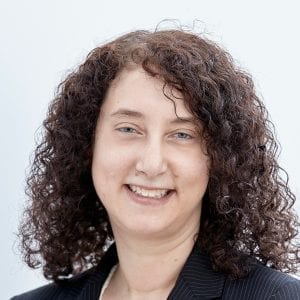
Dr. Dolovich is a pharmacist and health services researcher with the Department of Family Medicine at McMaster University and the McMaster Institute for Research on Aging. Her research brings together people, communities (including volunteers and health care teams), and novel ehealth technology to help people live their best lives and to identify efficient pathways to facilitate healthy aging within Canada’s health system. Lisa builds her research on the foundation of McMaster’s robust infrastructure to support research in aging, from longitudinal data to knowledge translation platforms. For more details see: https://healthtapestry.ca/; https://chapprogram.ca/; and https://www.impactteam.info/publications.php.
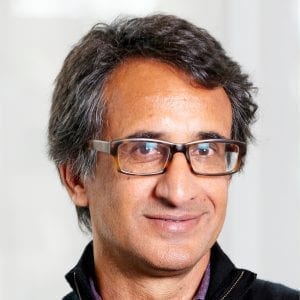
Professor Raina is with the Department of Clinical Epidemiology and Biostatistics at McMaster University. He specializes in the epidemiology of aging with emphasis on developing the interdisciplinary field of geroscience to understand the processes of aging from cell to society. Parminder is the Tier 1 Canada Research Chair in Geroscience, lead principal investigator of the Canadian Longitudinal Study on Aging and Scientific Director of the McMaster Institute for Research on Aging, where he facilitates the development of evidence-based, interdisciplinary approaches to solve key problems facing the aging population. For more details see: https://mira.mcmaster.ca and https://www.clsa-elcv.ca/.
Prevention of Frailty
Education and the promotion of healthy lifestyles (nutrition, exercise, social/intellectual activity, etc.) promote the development of healthy aging. Prevention of frailty involves screening and treatment of hypertension, diabetes, heart disease, and osteoporosis. Health and social service interventions may have a significant impact on health outcomes, quality of life, patient and caregiver satisfaction, hospital and nursing home utilization and cost. New technologies can have an important impact on the quality of life of frail individuals.

Dr. Paula Rochon is the vice-president of research at Women’s College Hospital. She is a senior scientist at Women’s College Research Institute, a professor in the Department of Medicine and Institute of Health Policy, Management and Evaluation at the University of Toronto, and a senior scientist at the Institute for Clinical Evaluative Sciences. In 2013 she was elected to the Canadian Academy of Health Sciences, and in July 2015 was appointed as the inaugural Retired Teachers of Ontario Chair in Geriatric Medicine at the University of Toronto. Dr. Rochon’s research career focuses on understanding the unique needs of older adults, particularly women, and is a leading Canadian health-services researcher in geriatric medicine.

Louis Bherer is full professor of Psychology and Scientific Director of the PERFORM Centre at Concordia University in Montreal, Canada. He is a researcher and laboratory director at the research center of the Institute universitaire de gériatrie de Montréal. Before joining Concordia University he held the CIHR Canada Research Chair on Aging and the Prevention of Cognitive Decline at the University of Quebec in Montreal (UQAM). Bherer completed a Master’s degree in Cognitive Psychology (Université Laval), a Ph.D. in Neuropsychology (Université de Montréal) and a post-doc in Aging and Neurosciences at the Beckman Institute for Advanced Science and Technology (University of Illinois at Urbana-Champaign). Bherer’s research program is currently supported by CIHR, NSERC and CFI.
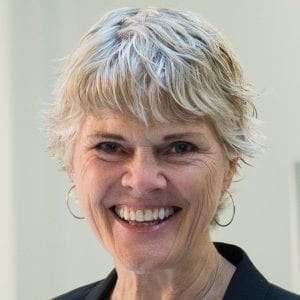
Heather McKay is Professor, Faculty of Medicine and Director, Centre for Hip Health and Mobility, University of British Columbia. Professor McKay’s community-based research program investigates the positive role of lifestyle factors and the built environment on child and older adult health and mobility. She also focuses upon evaluating implementation and scaling up of effective interventions. Outcomes from her research have influenced policy at the level of organizations and government. As we age, there are many strategies to reduce the risk of mobility-disability and to ensure that we maintain a high quality of life and live independently for as long as possible. Dr. McKay will discuss evidence-based strategies, delivered at scale to promote the health and mobility of older adults.


